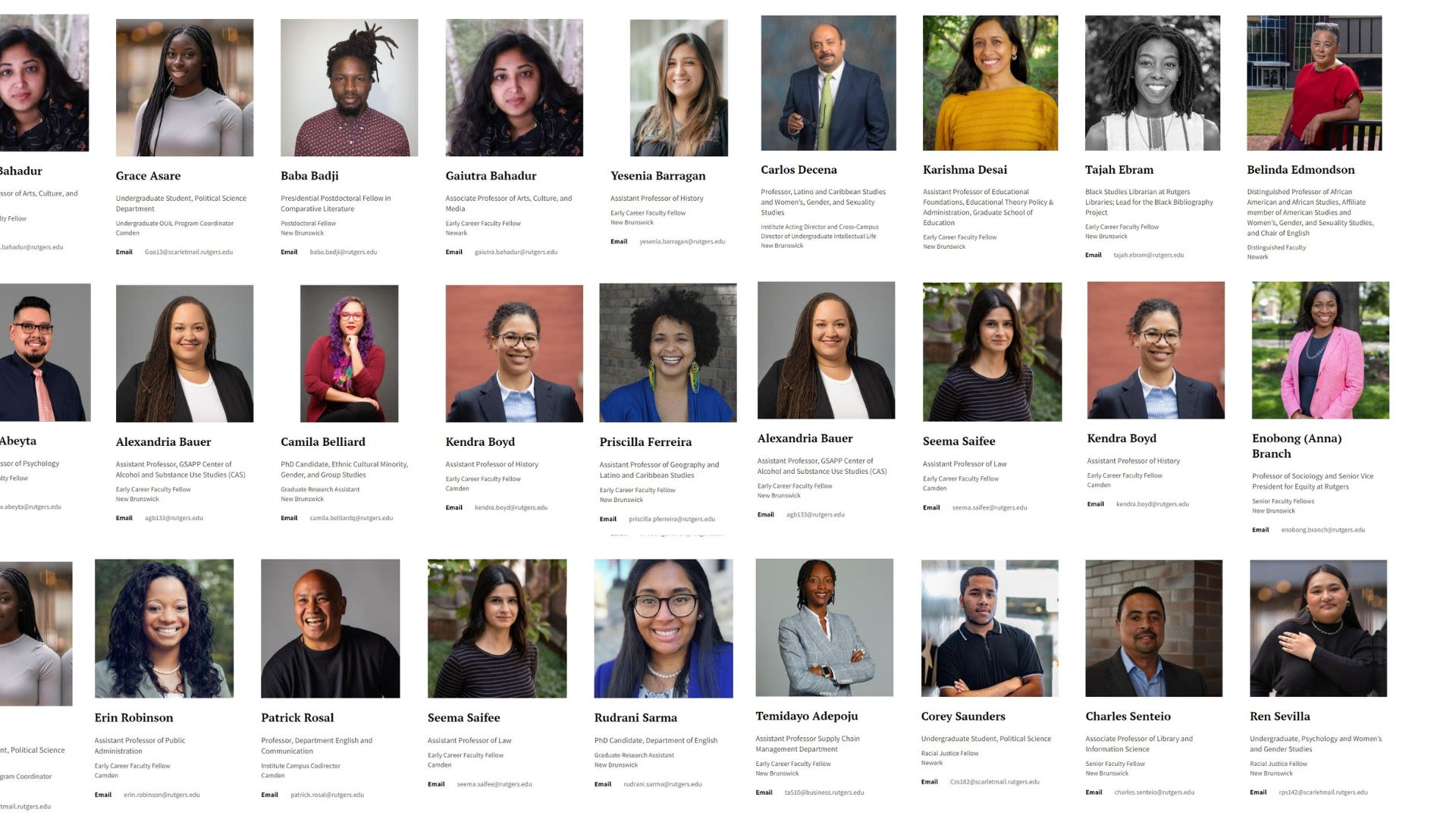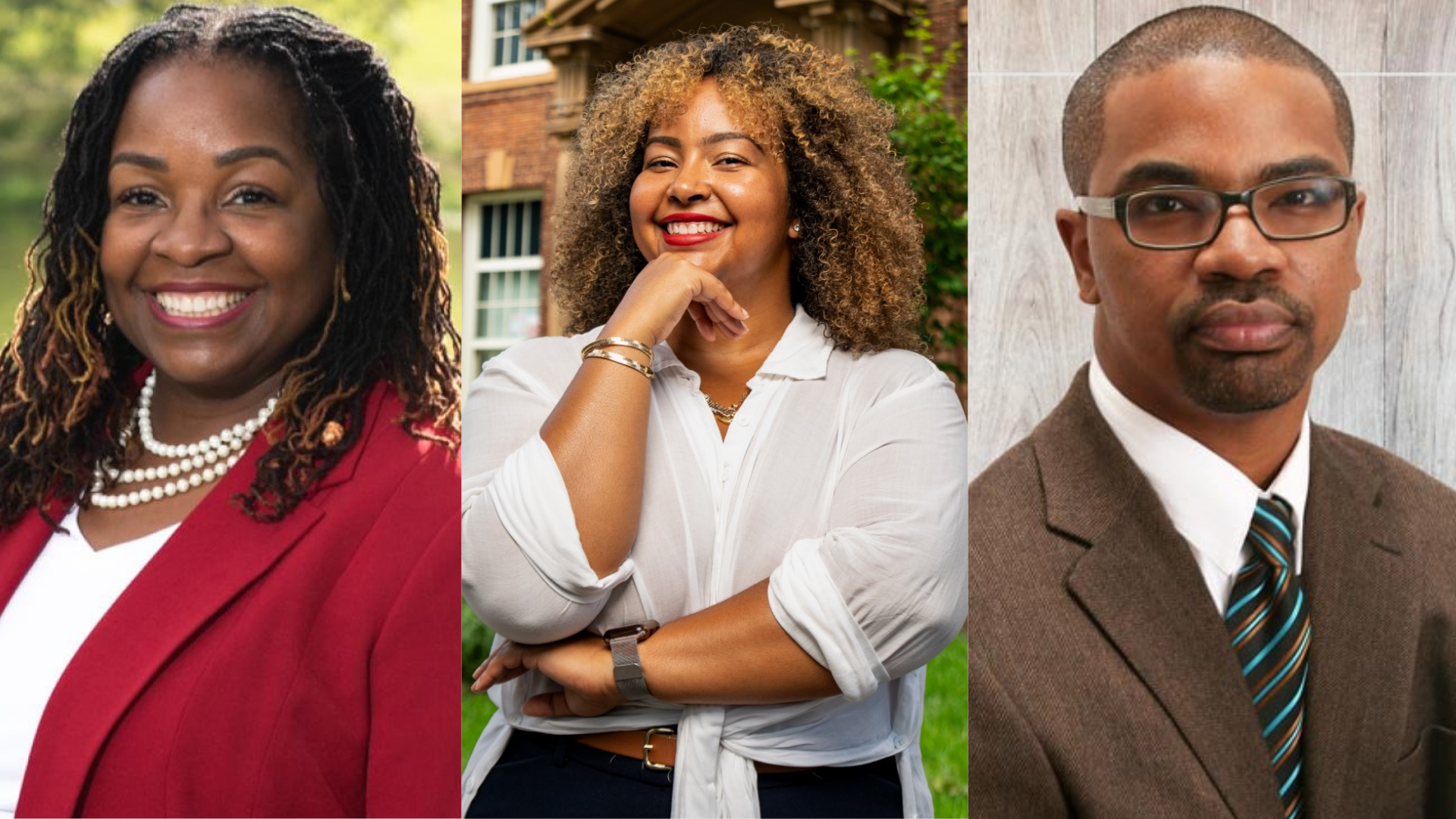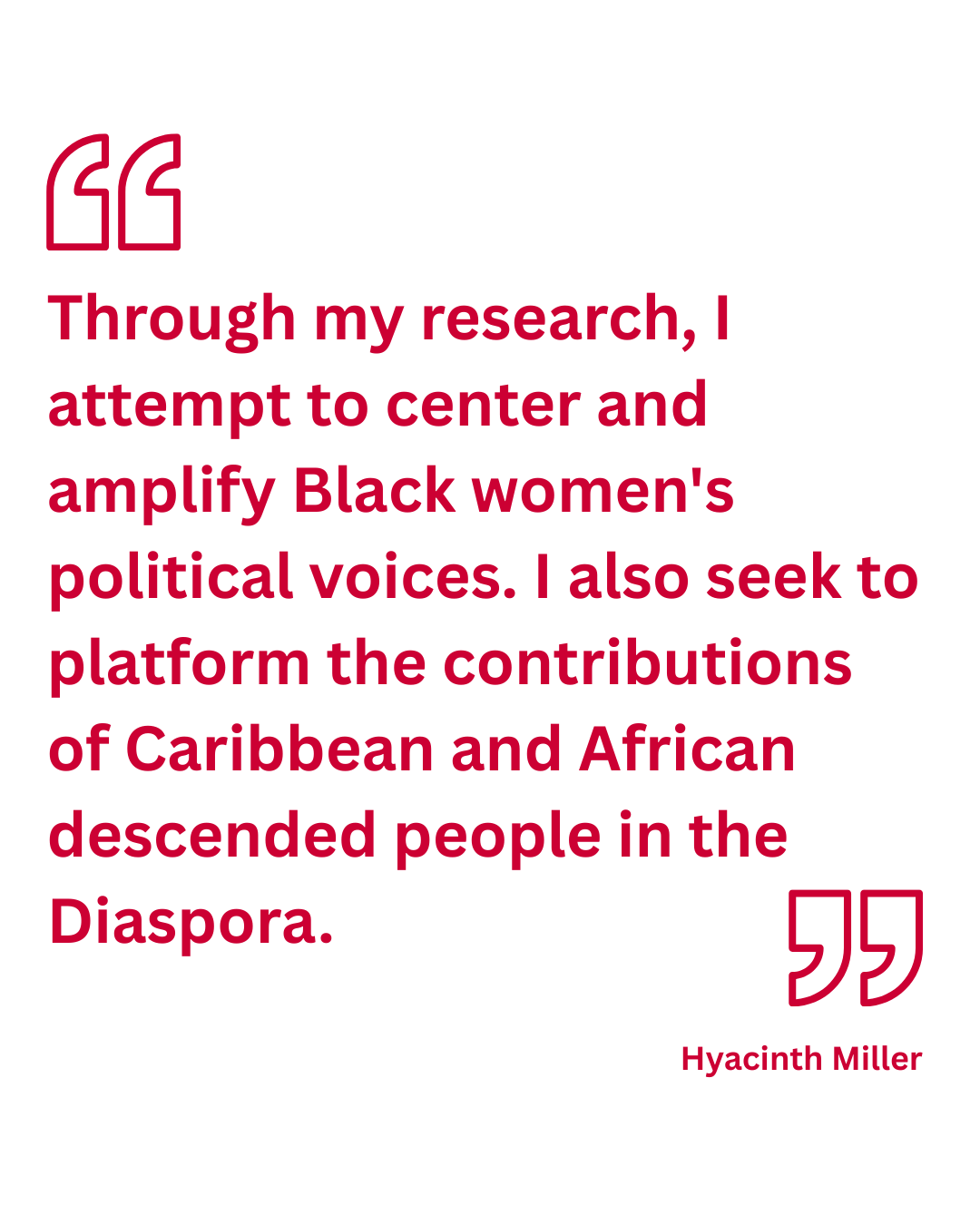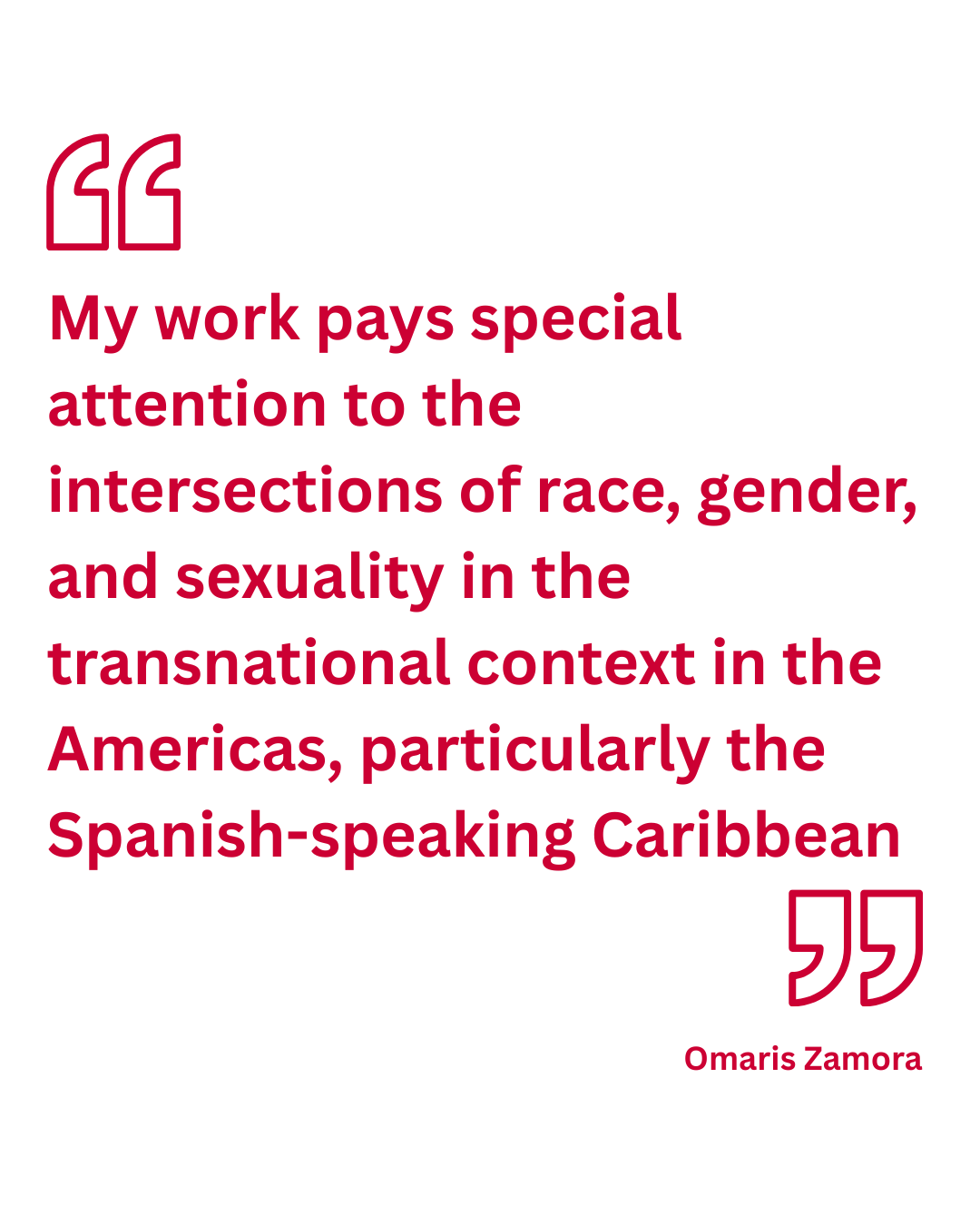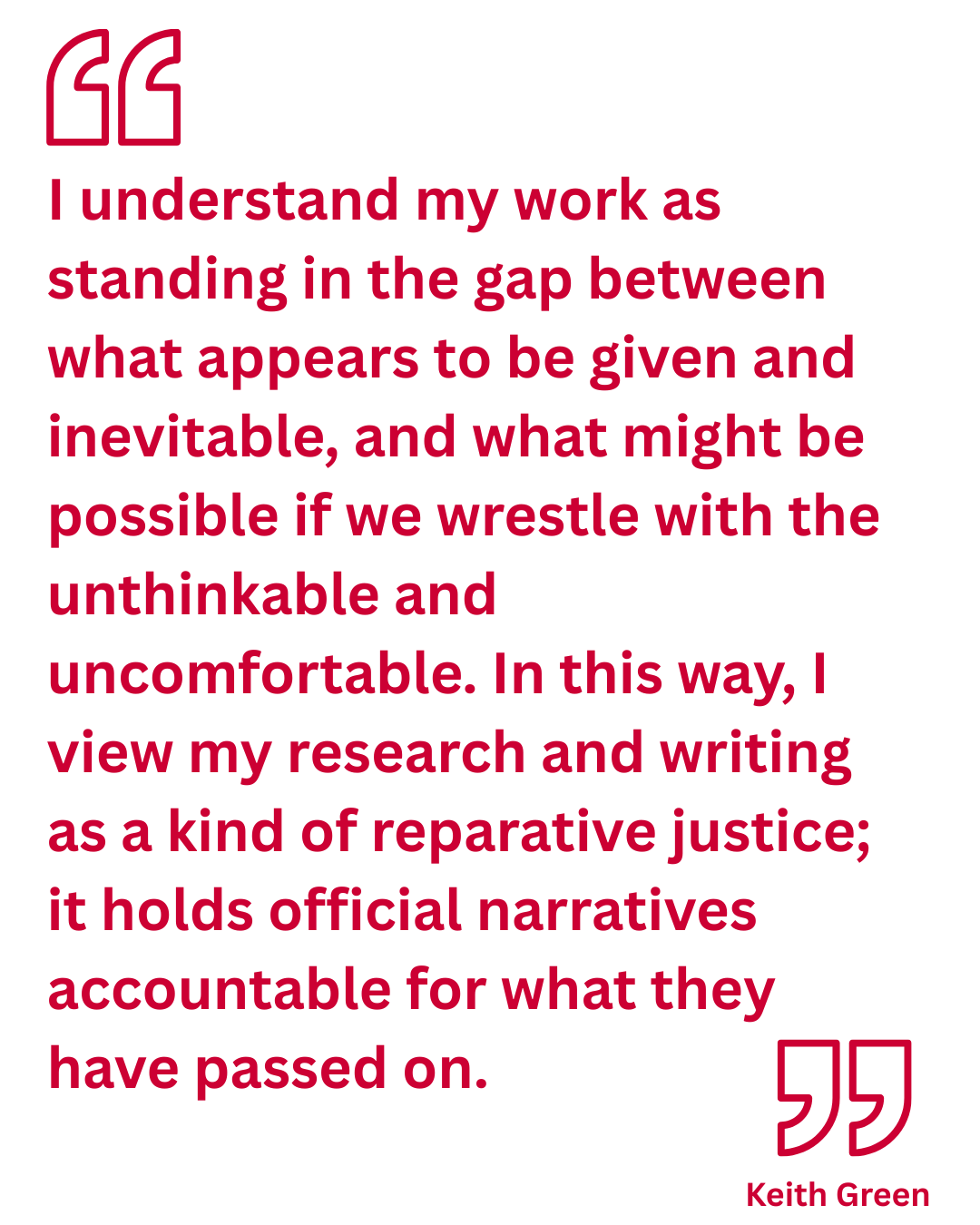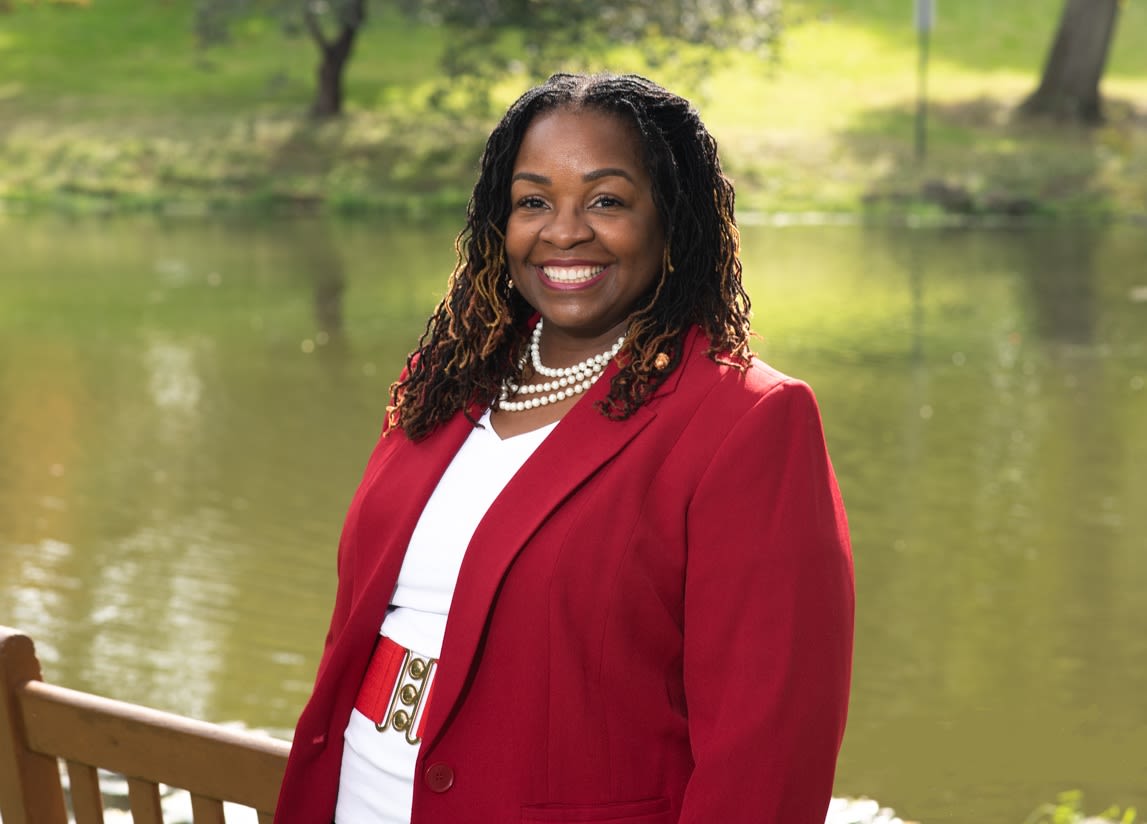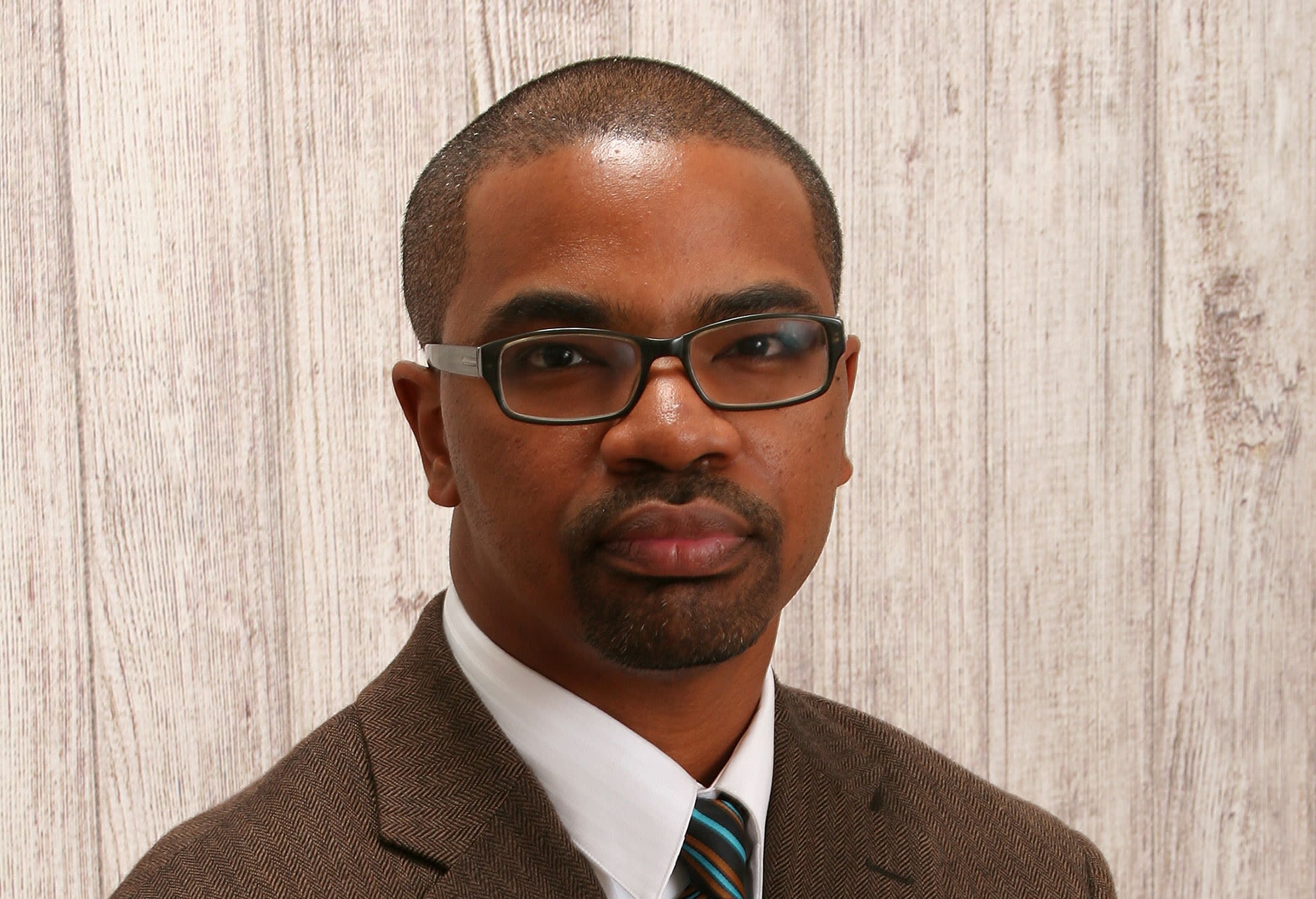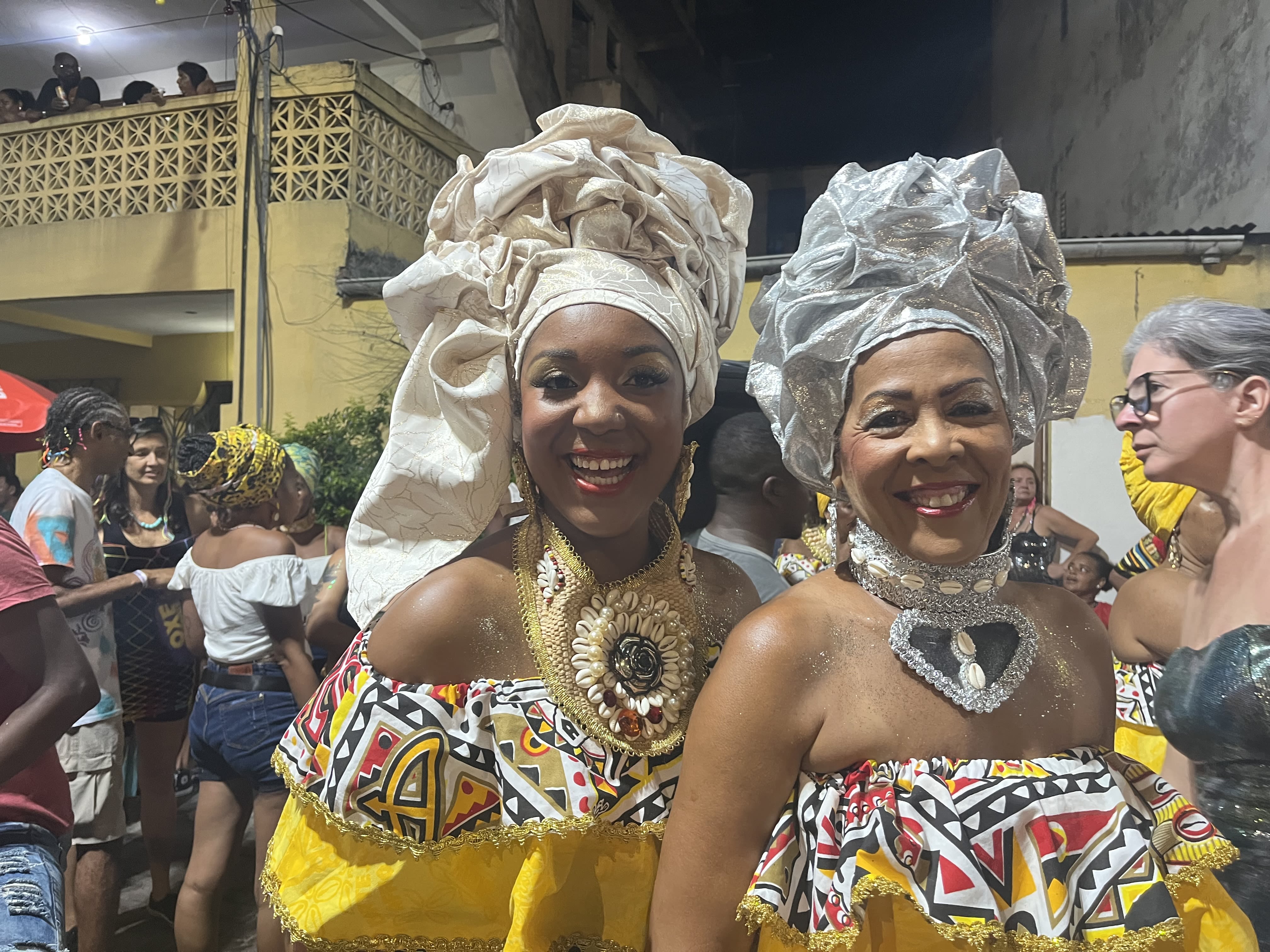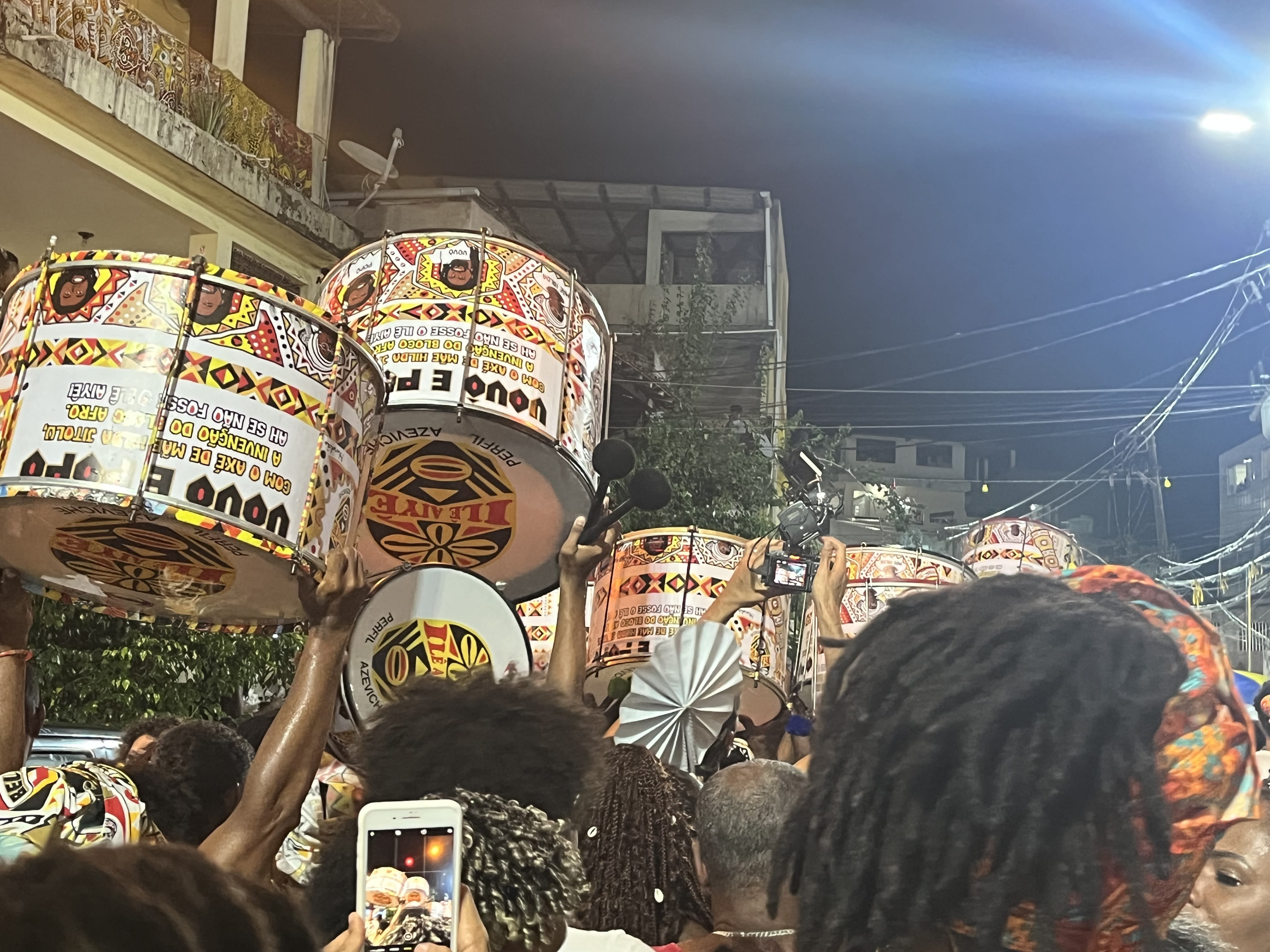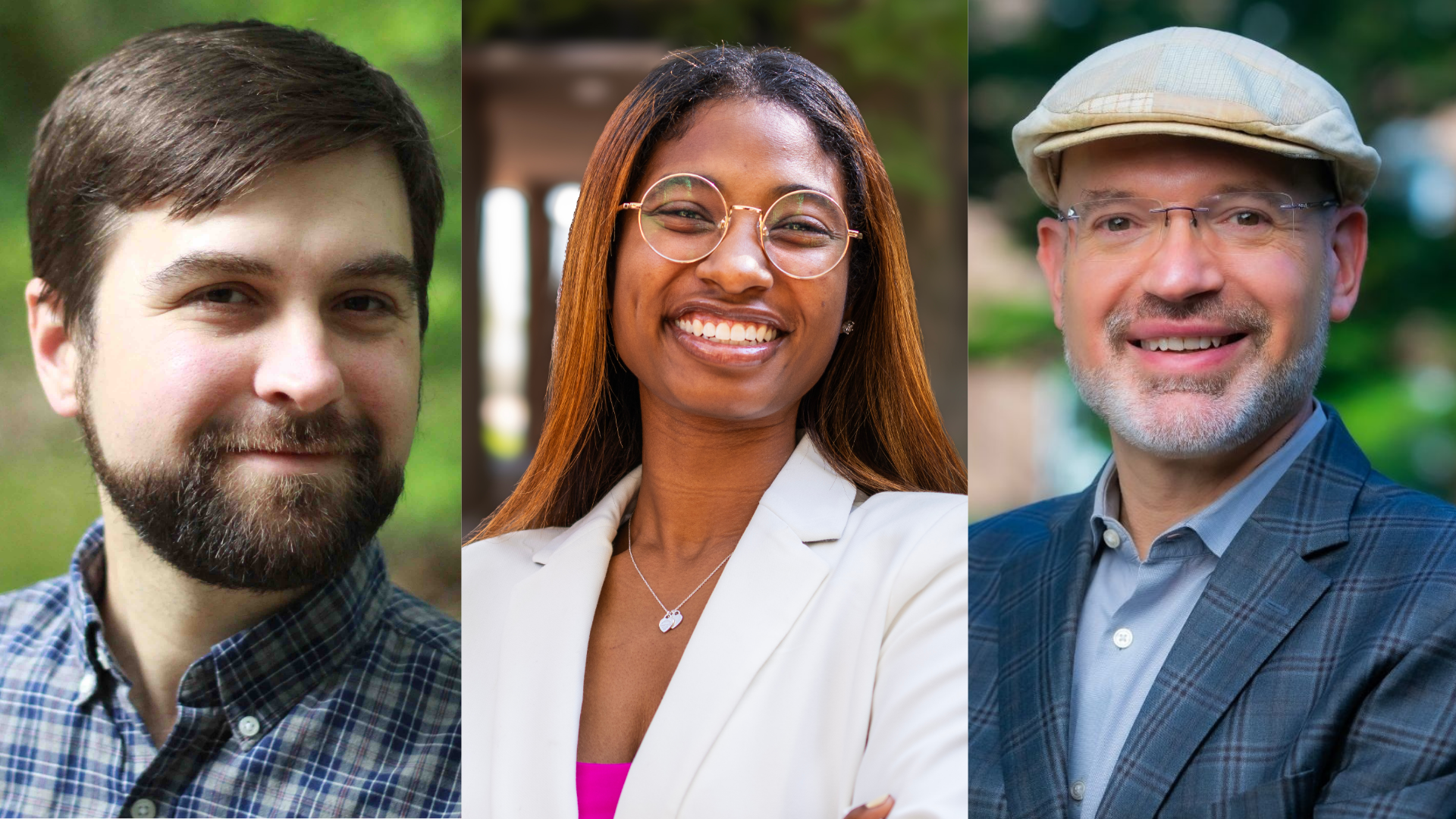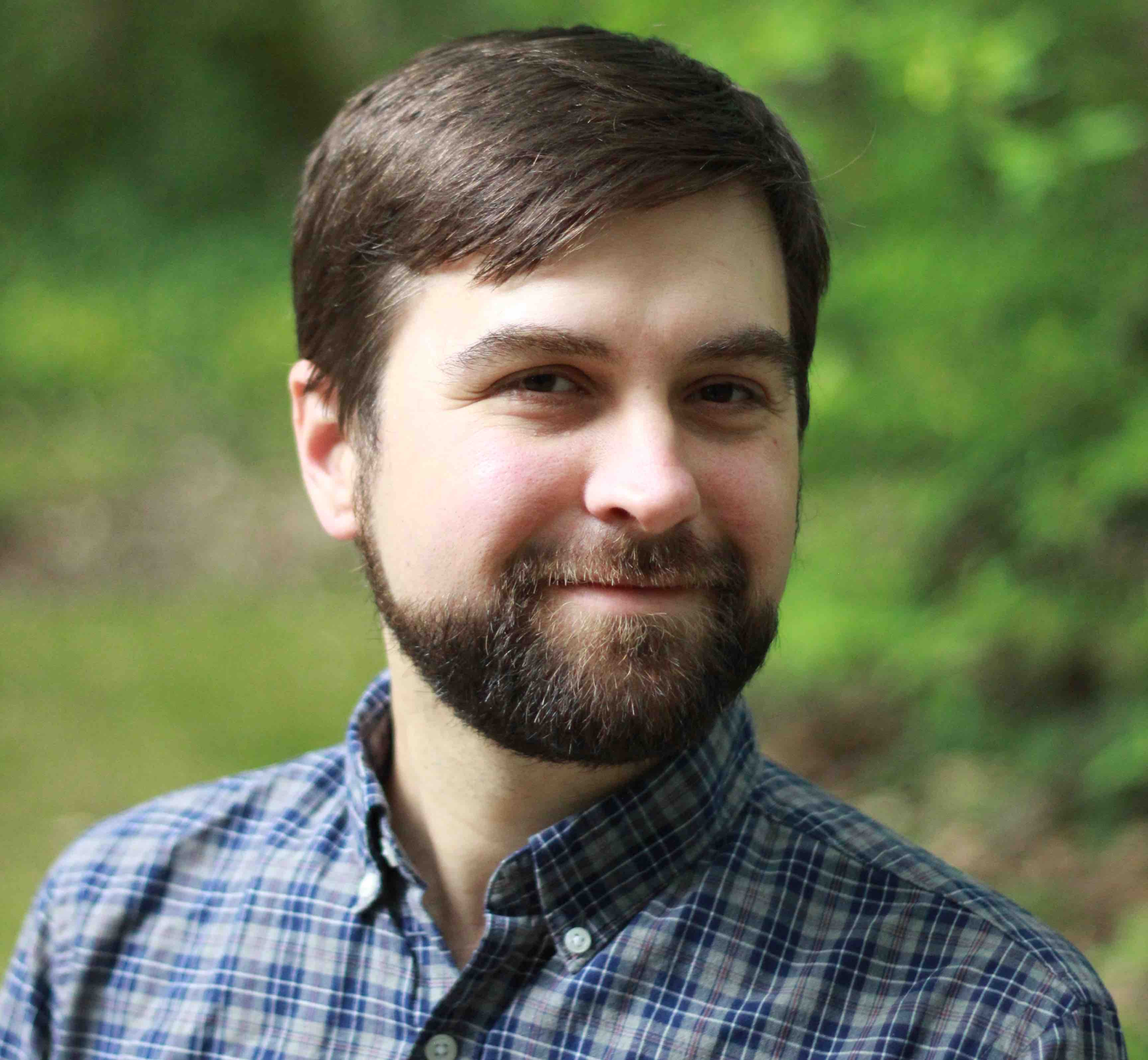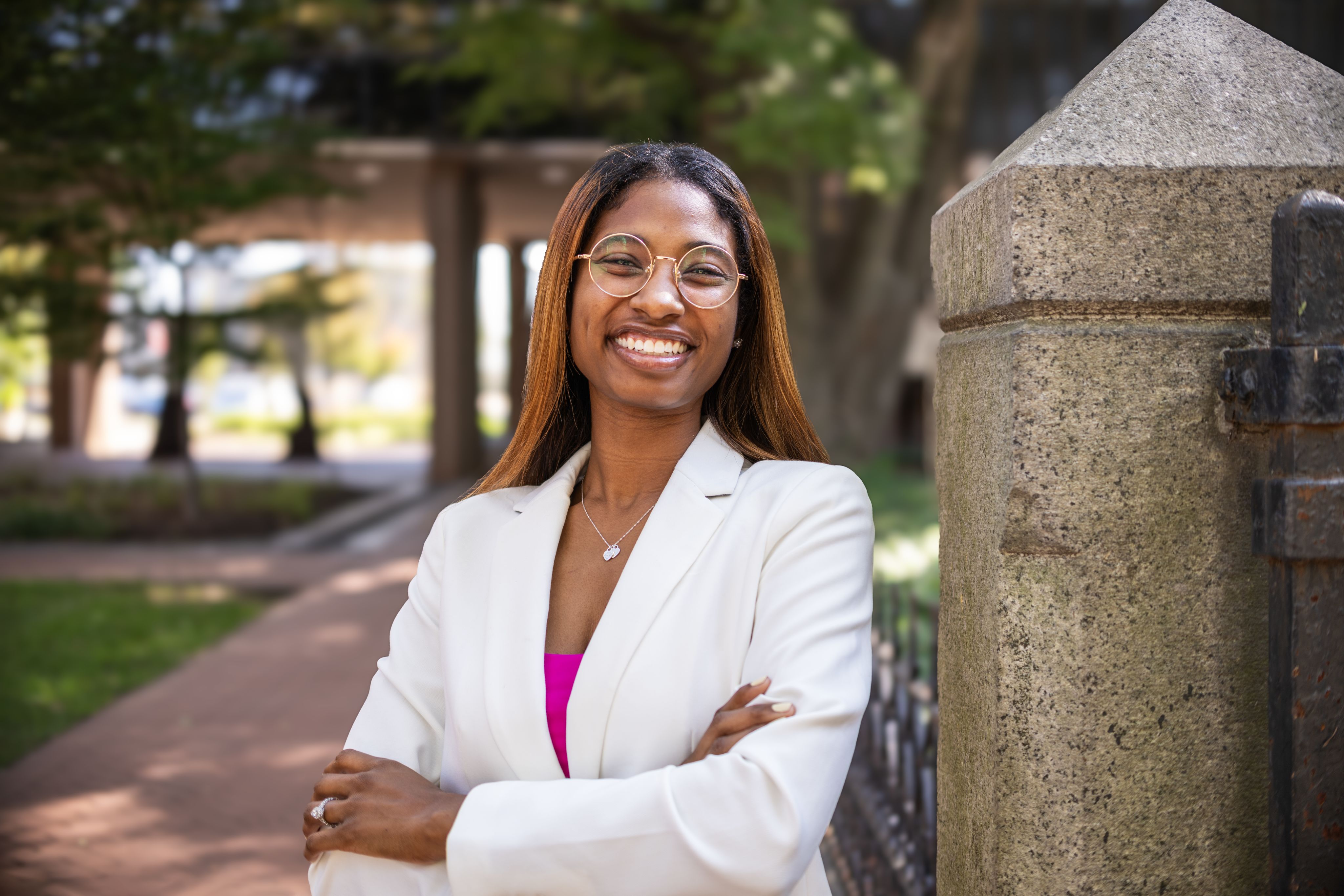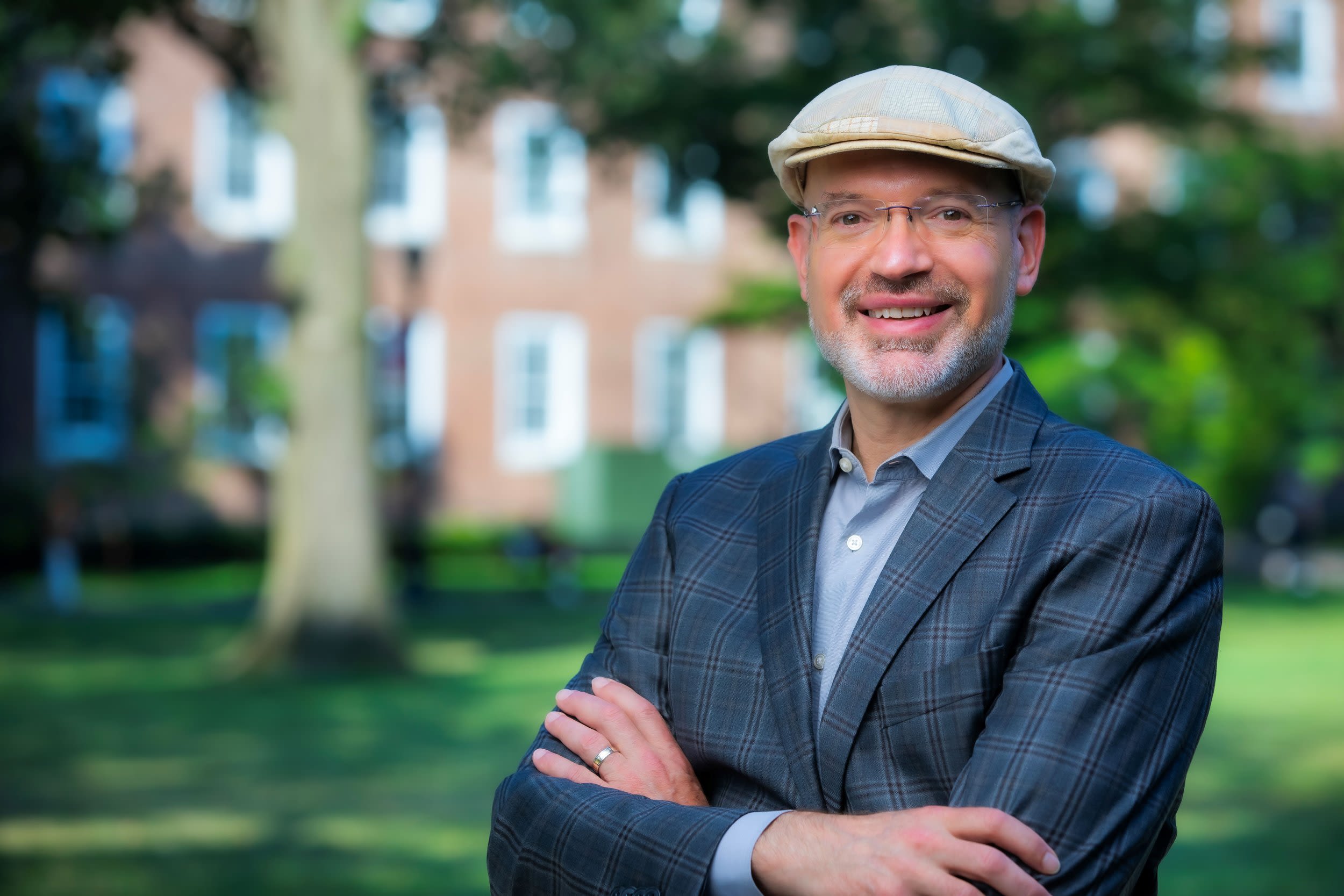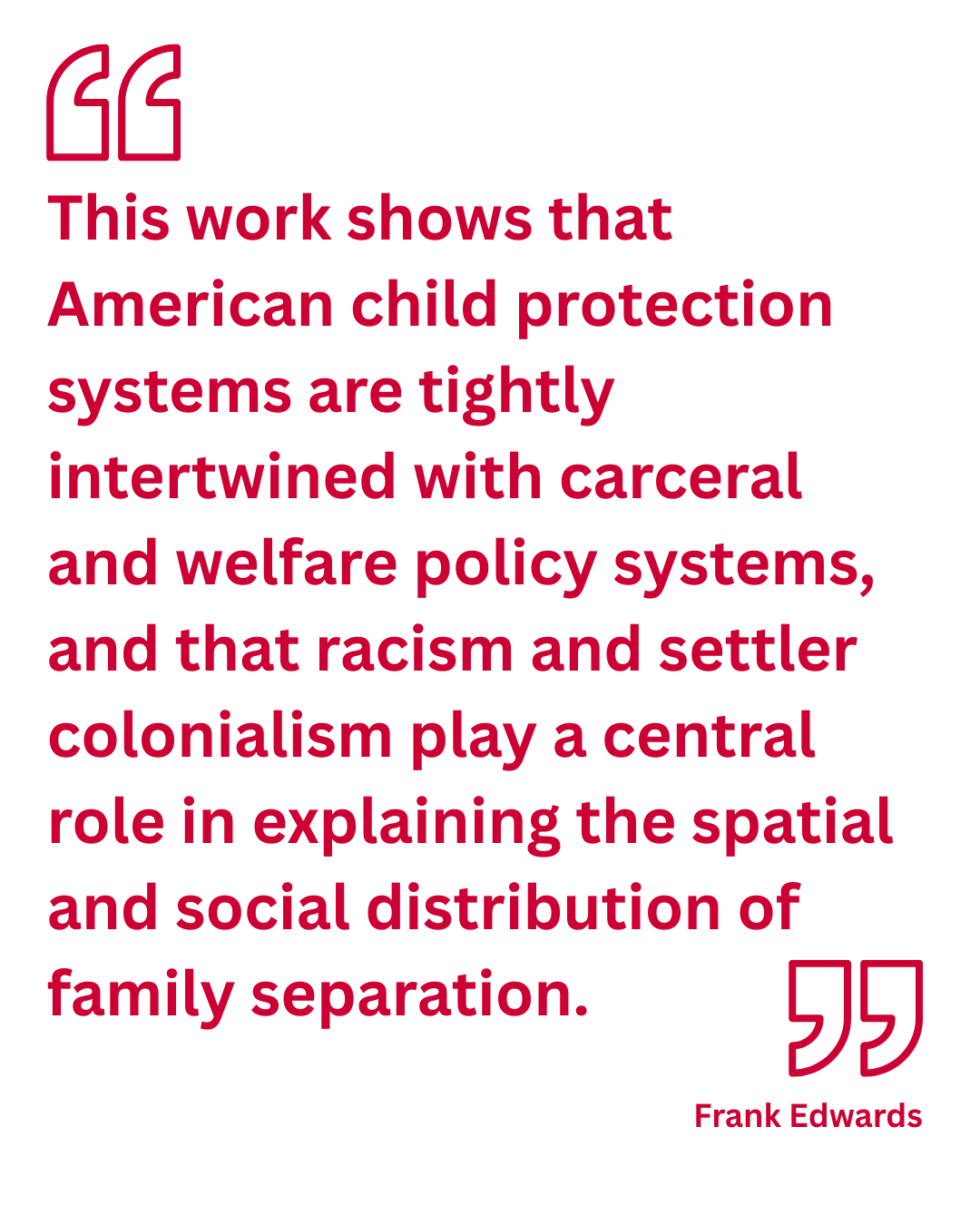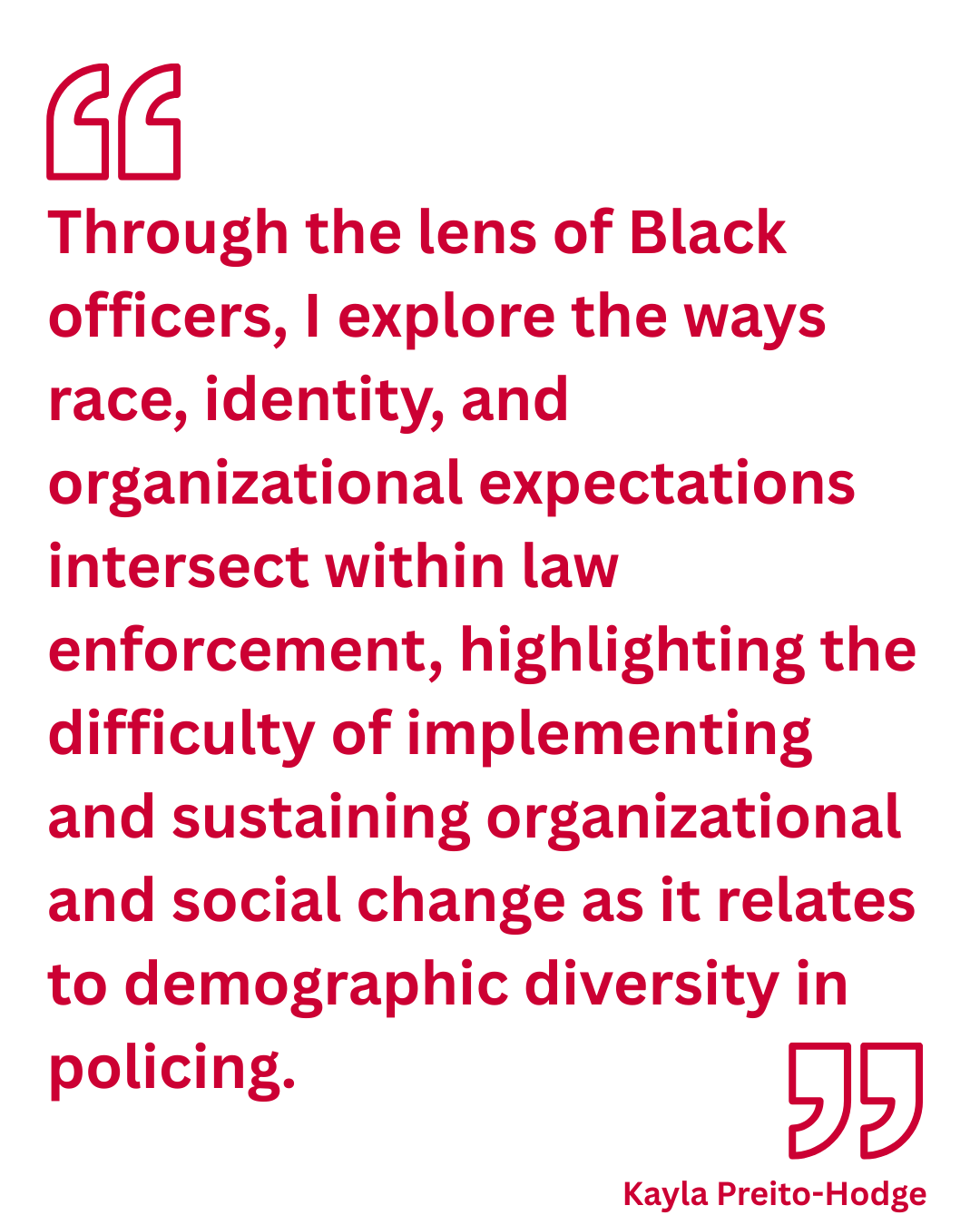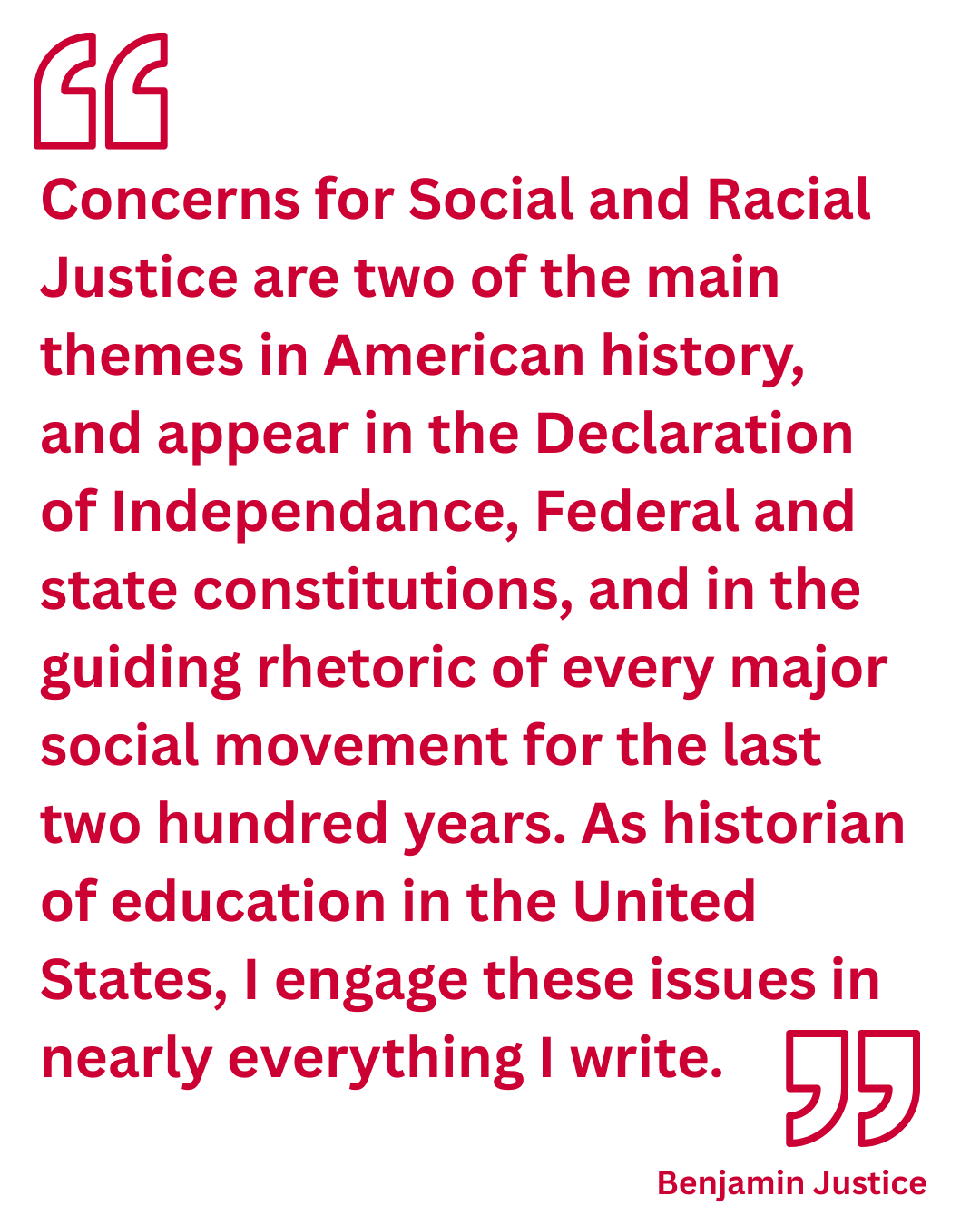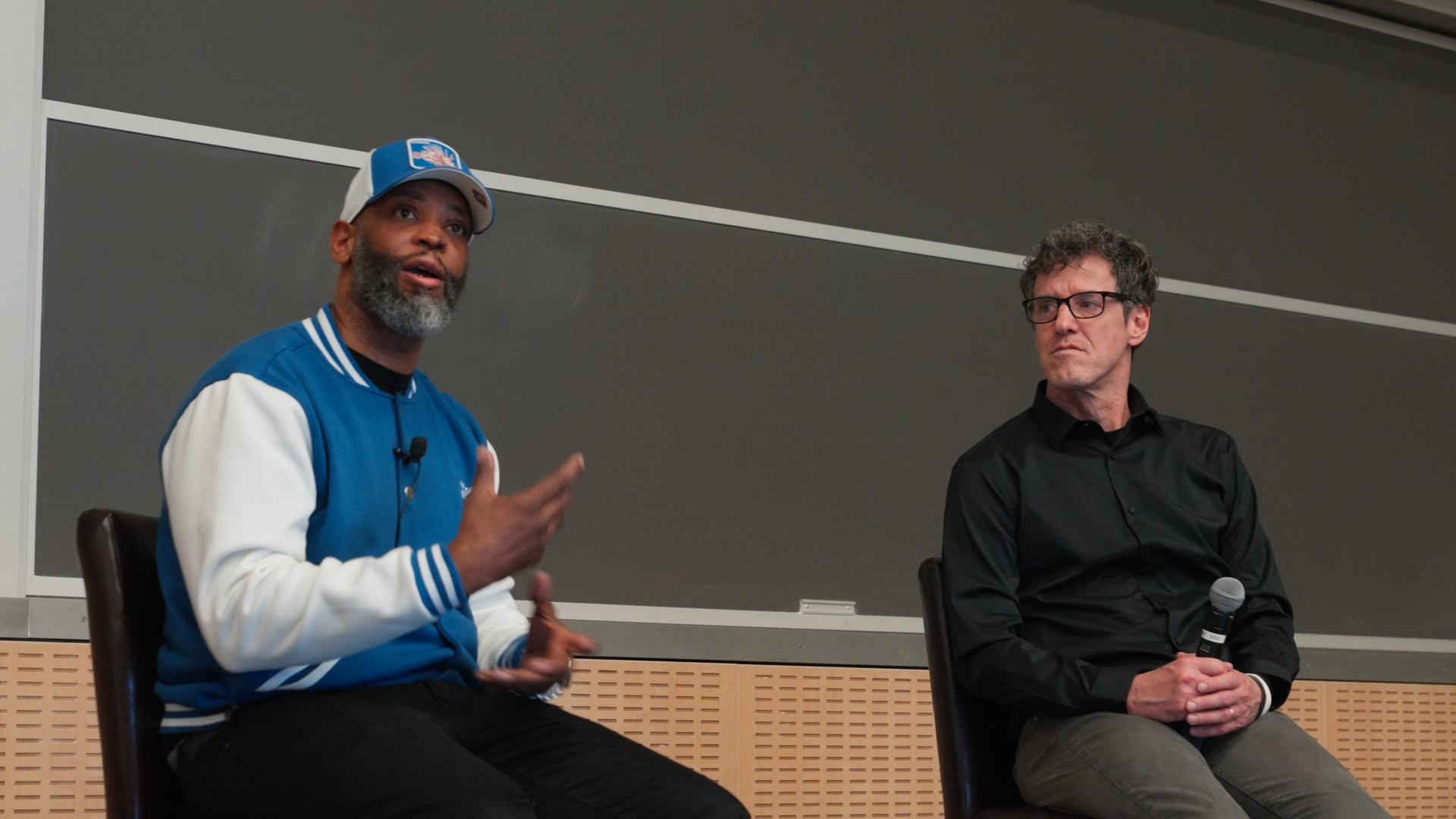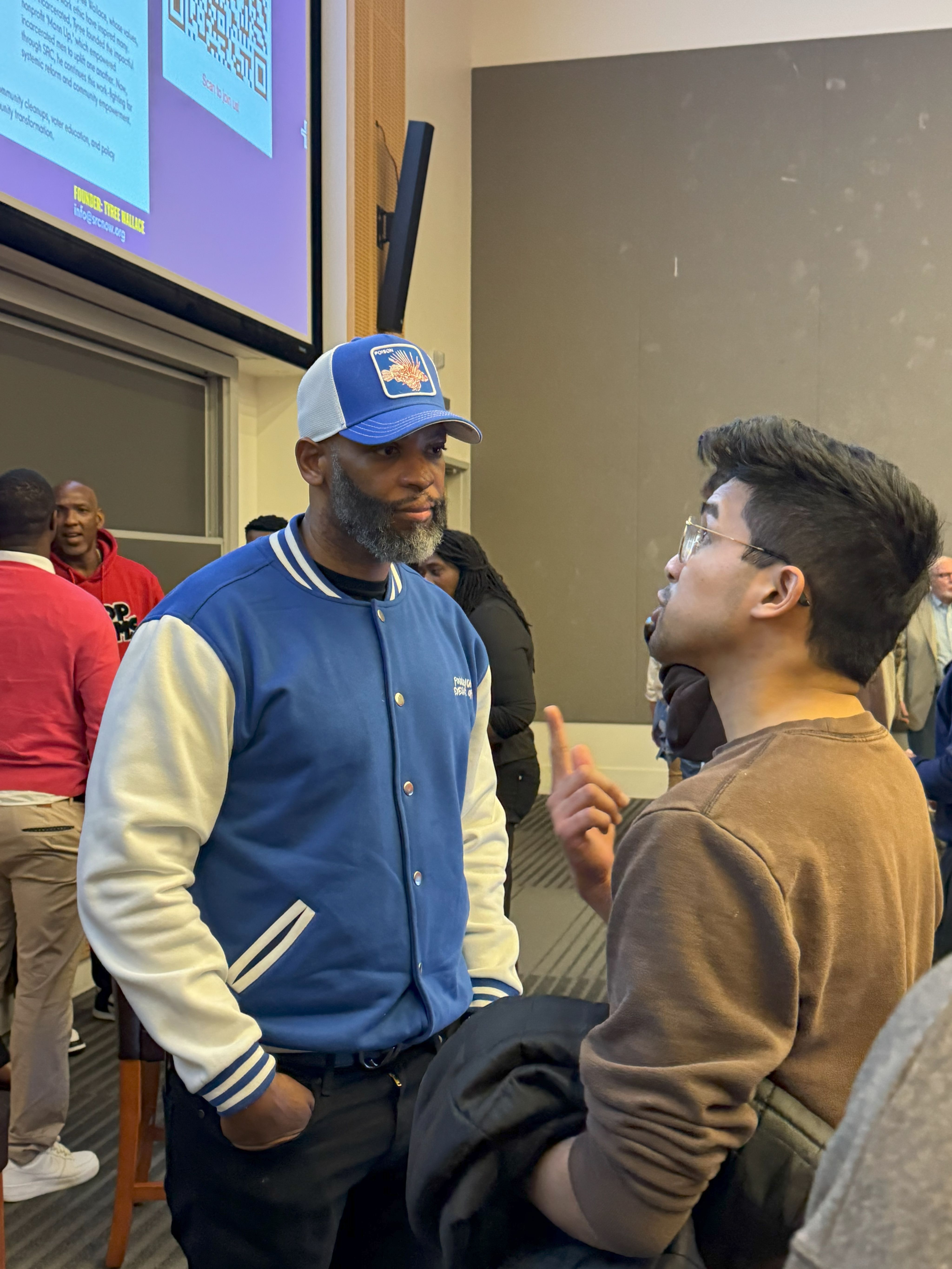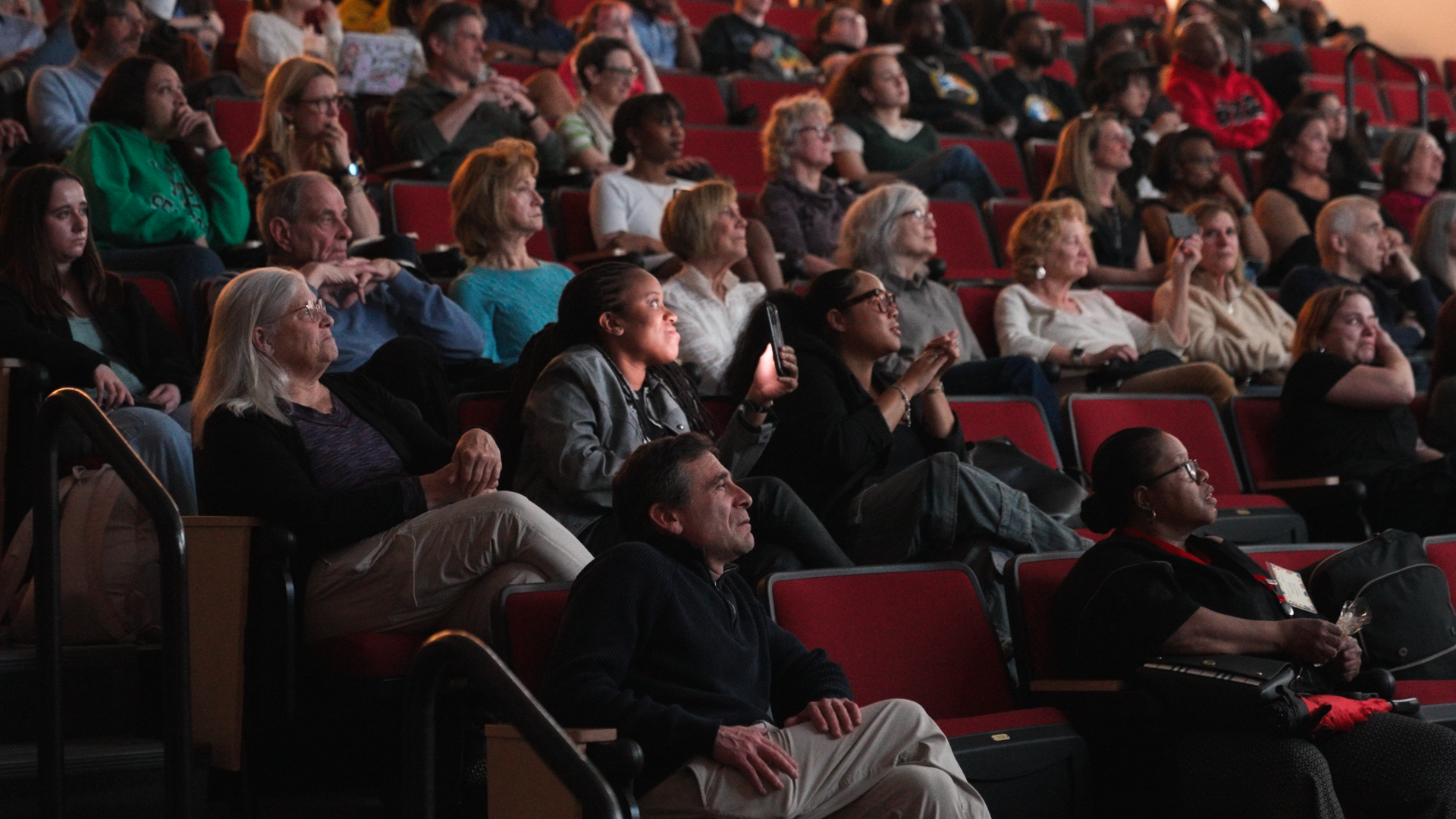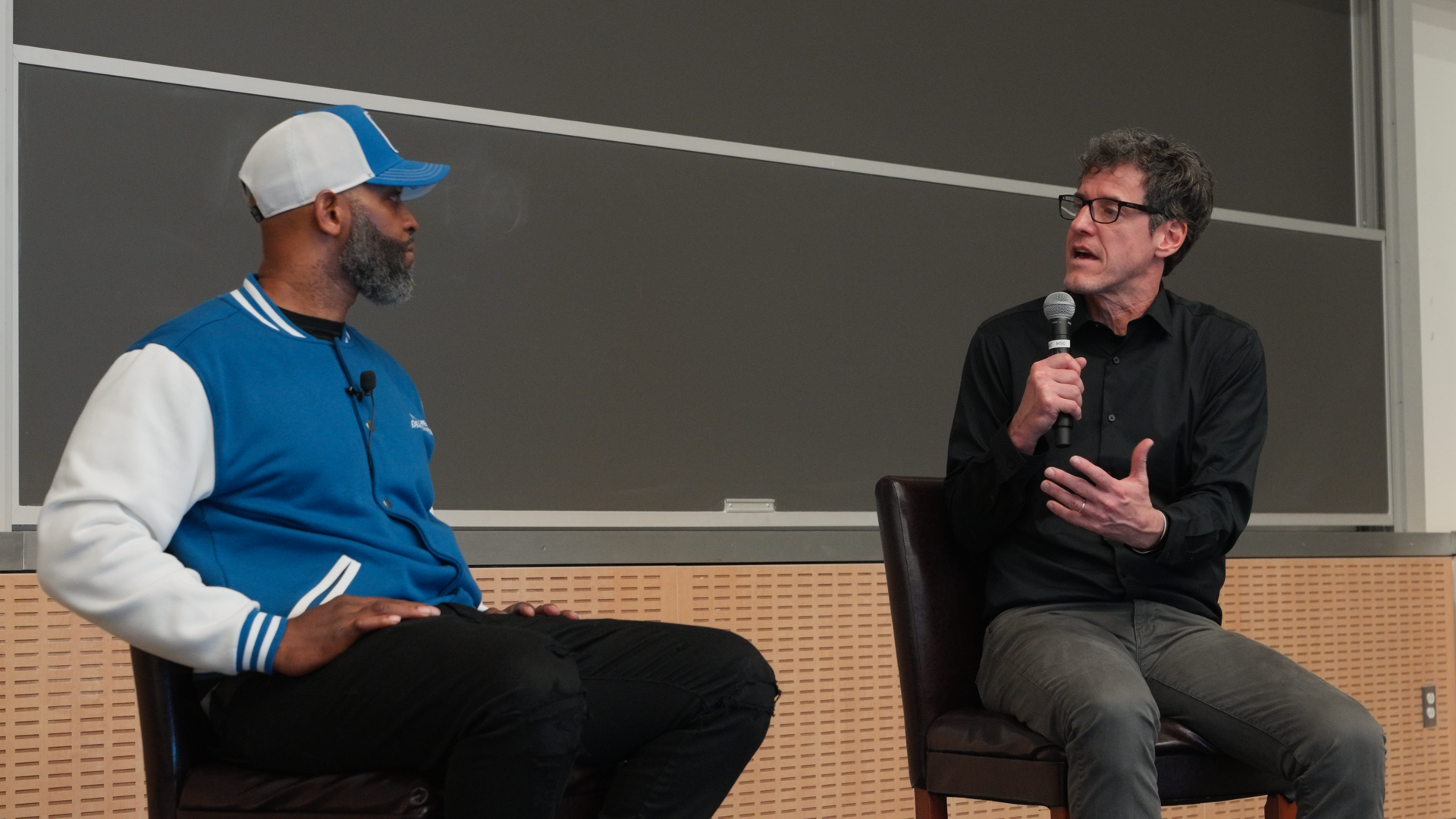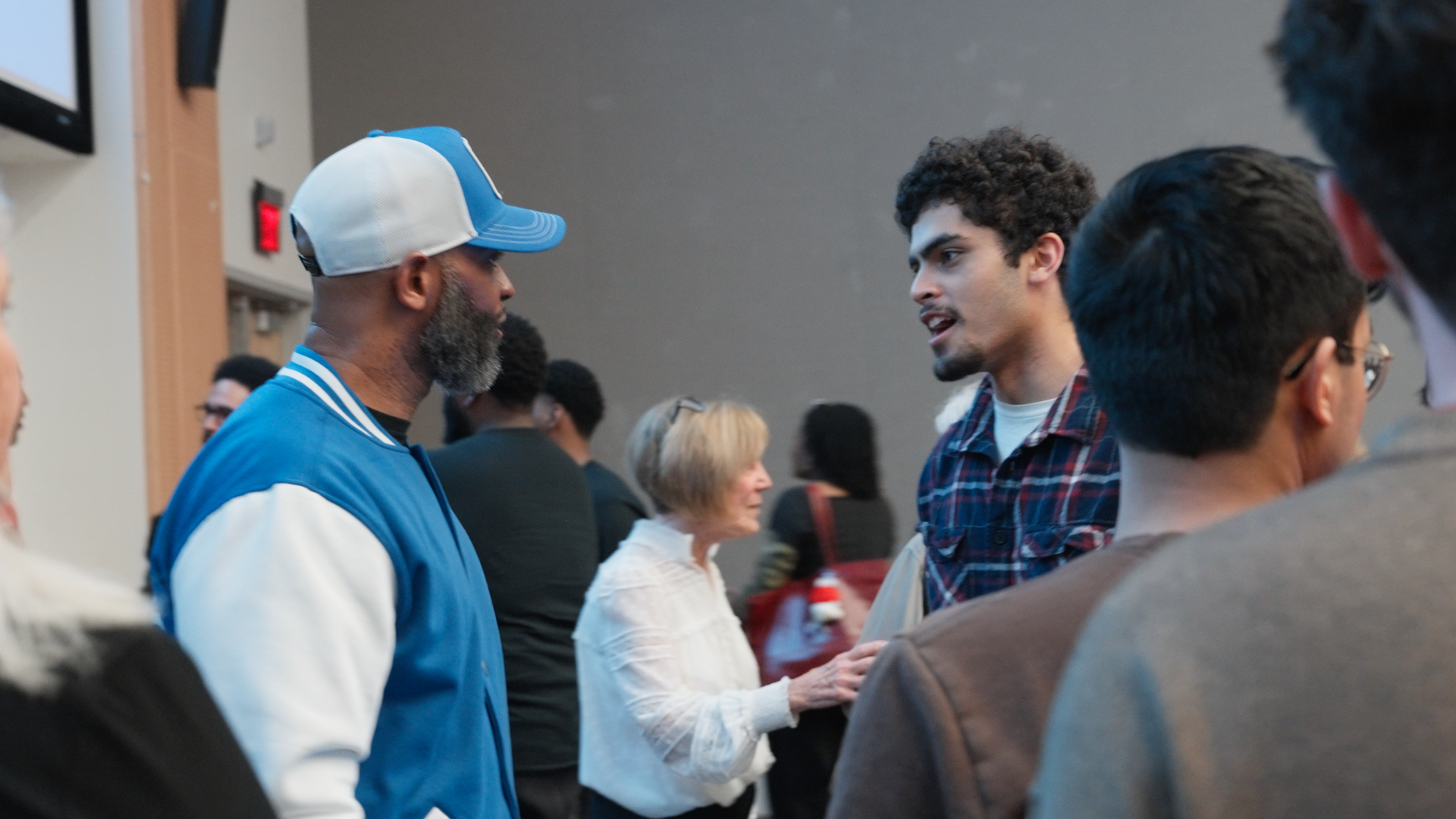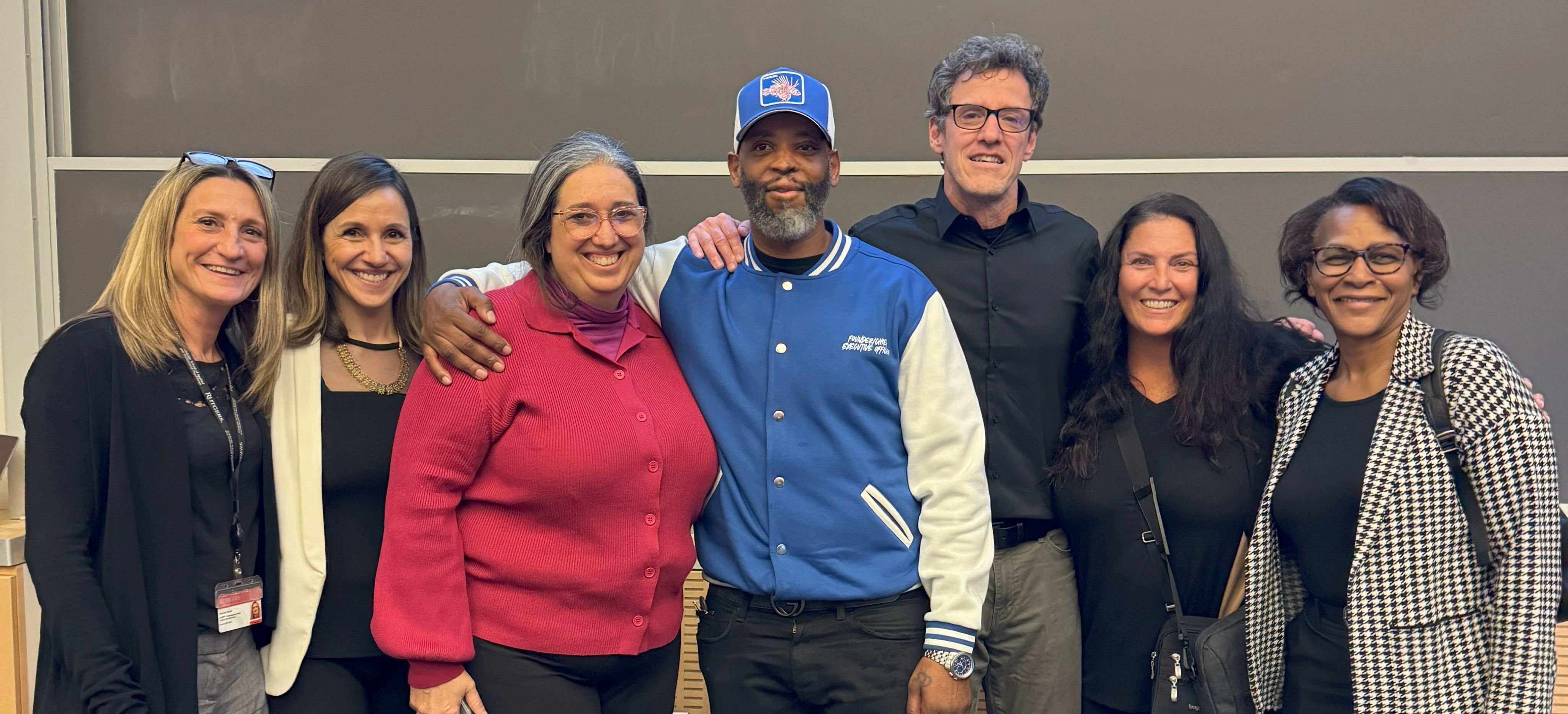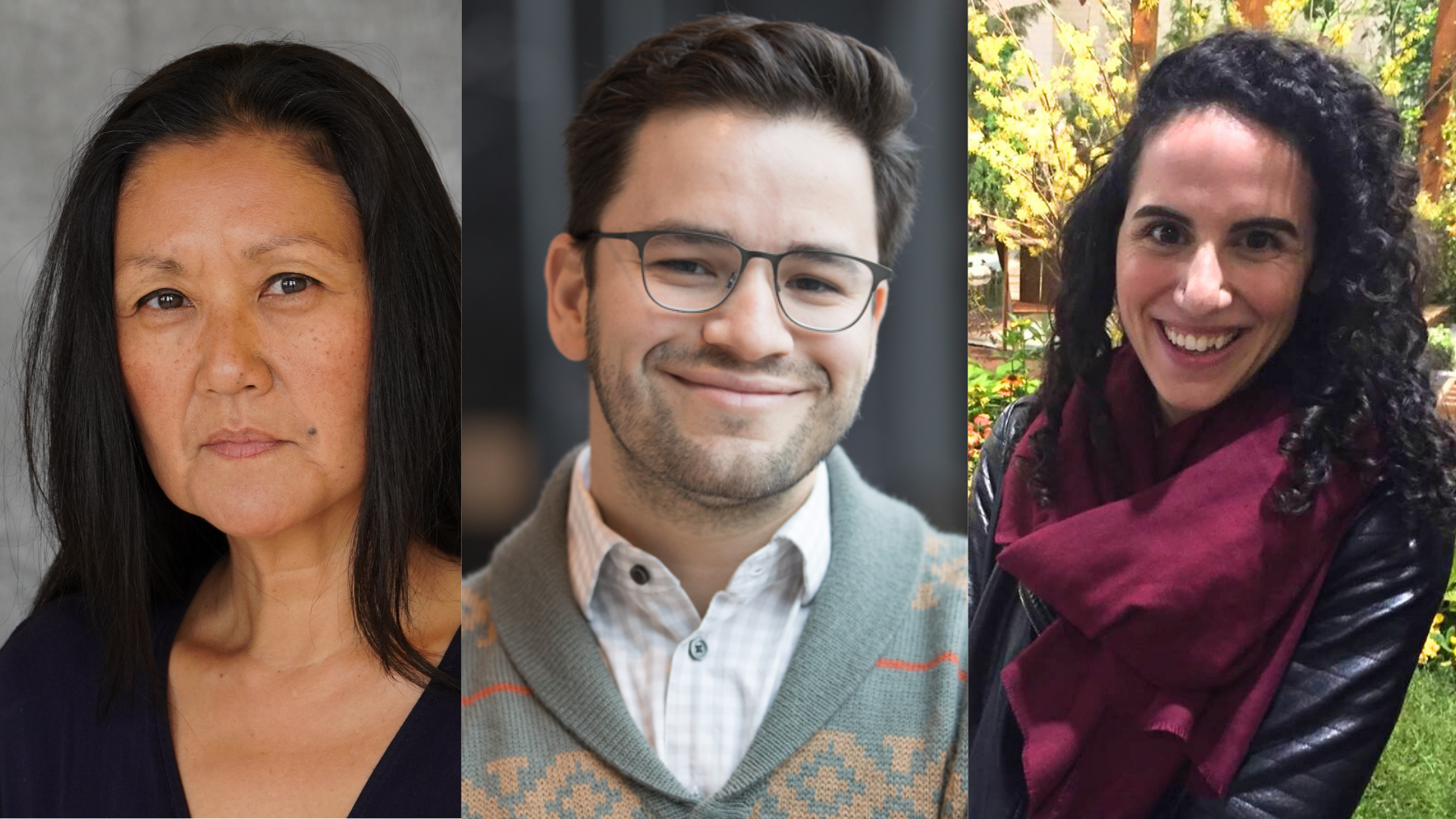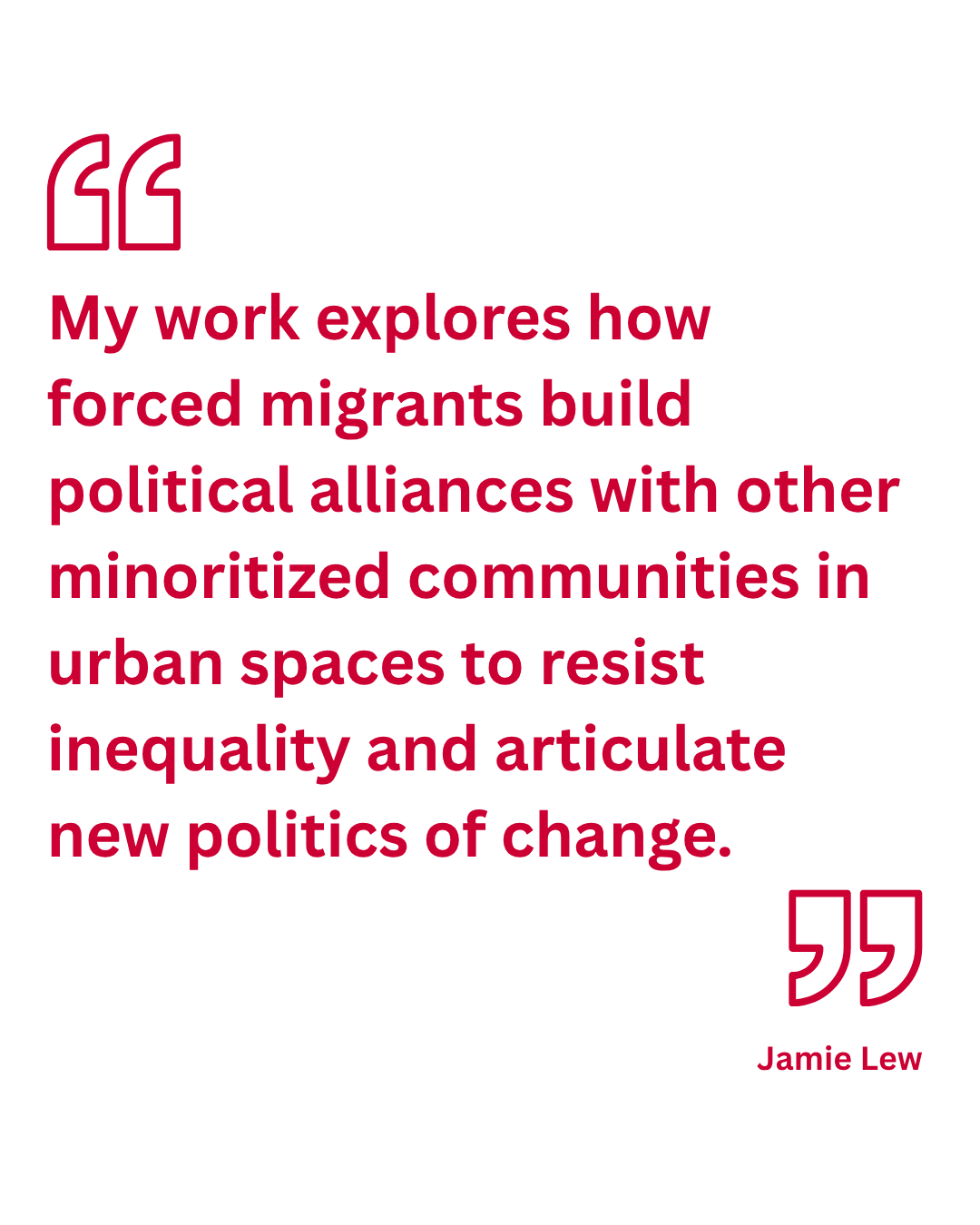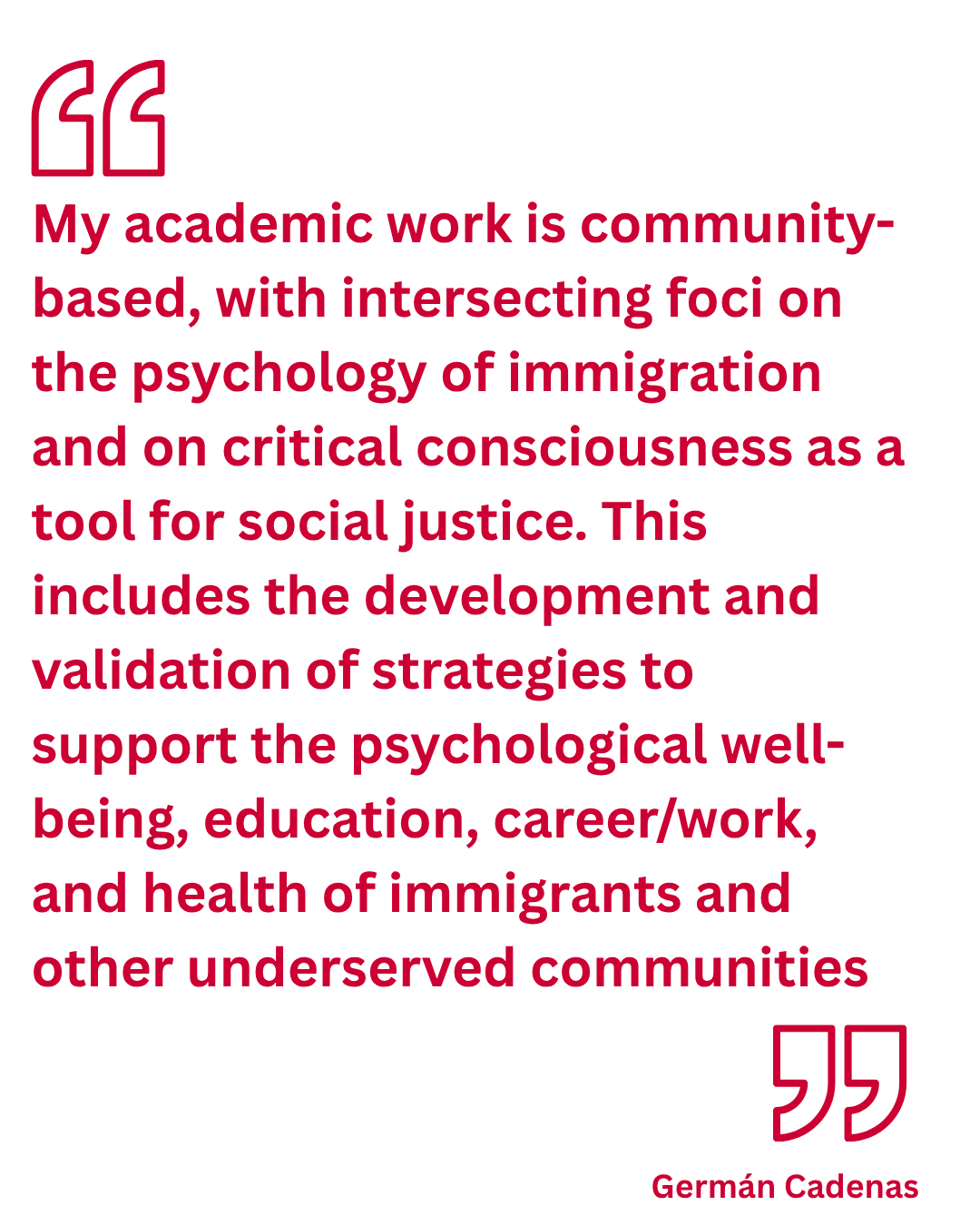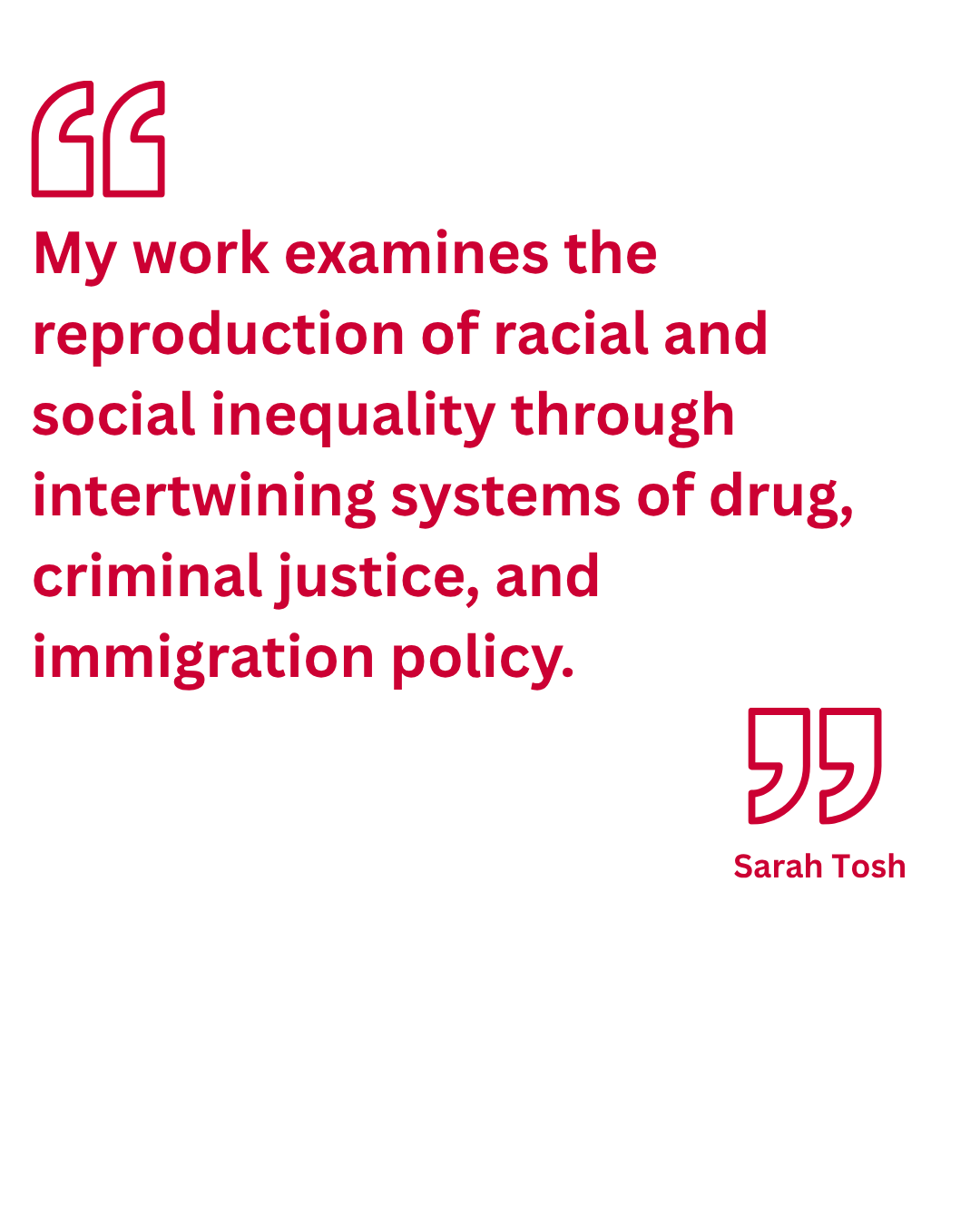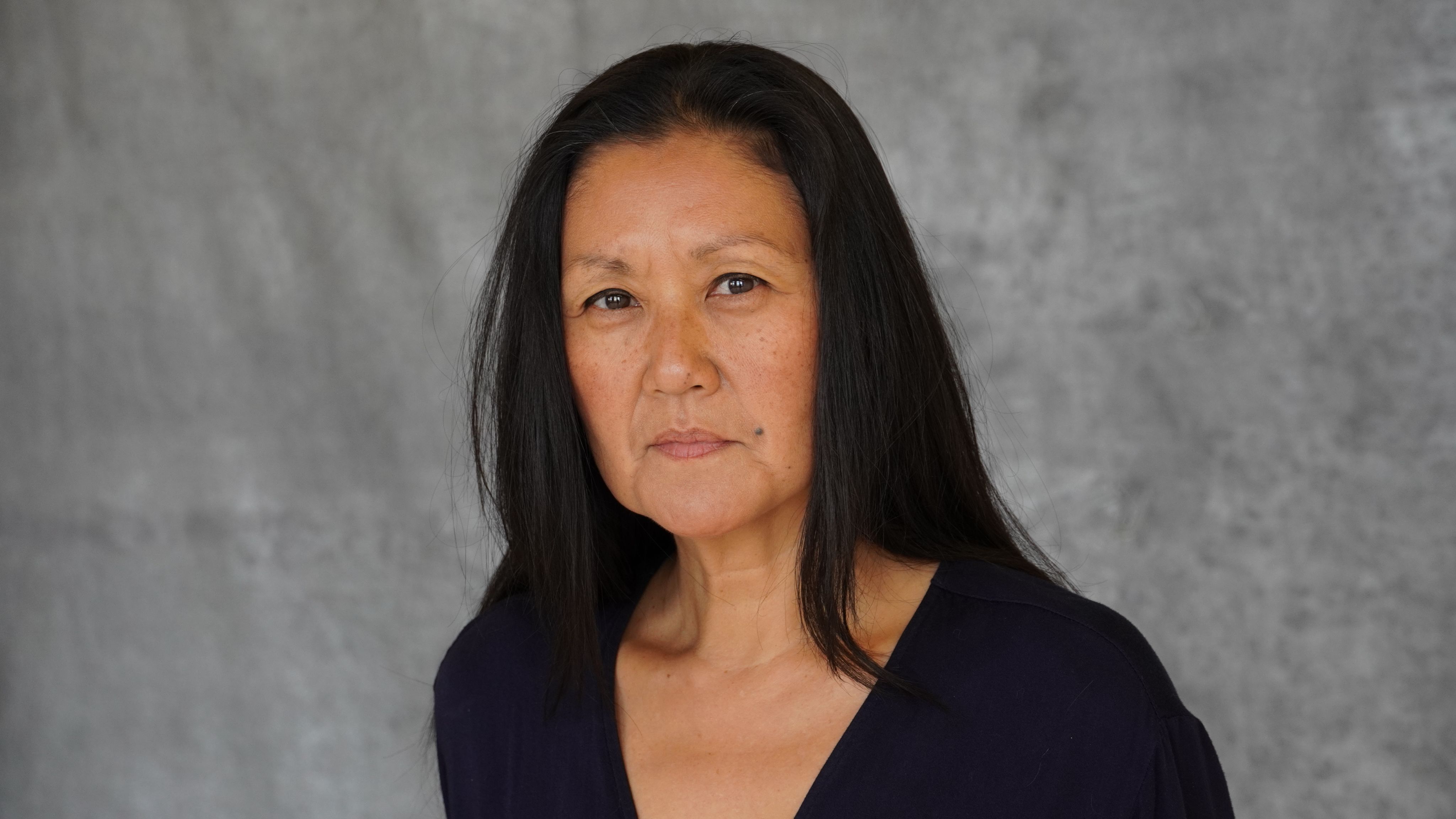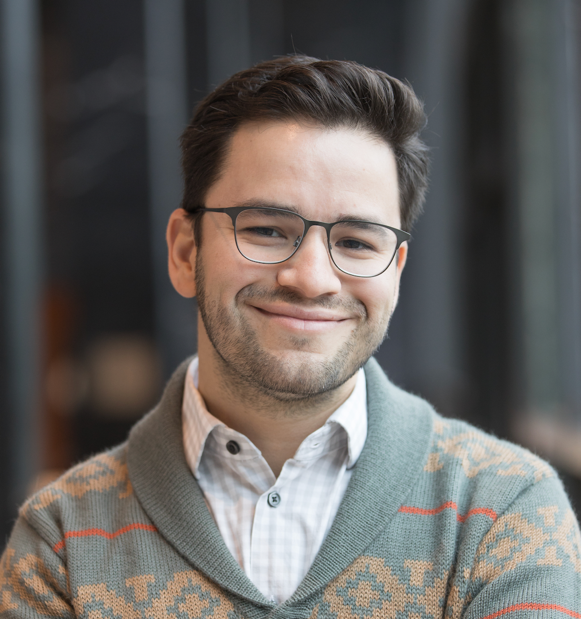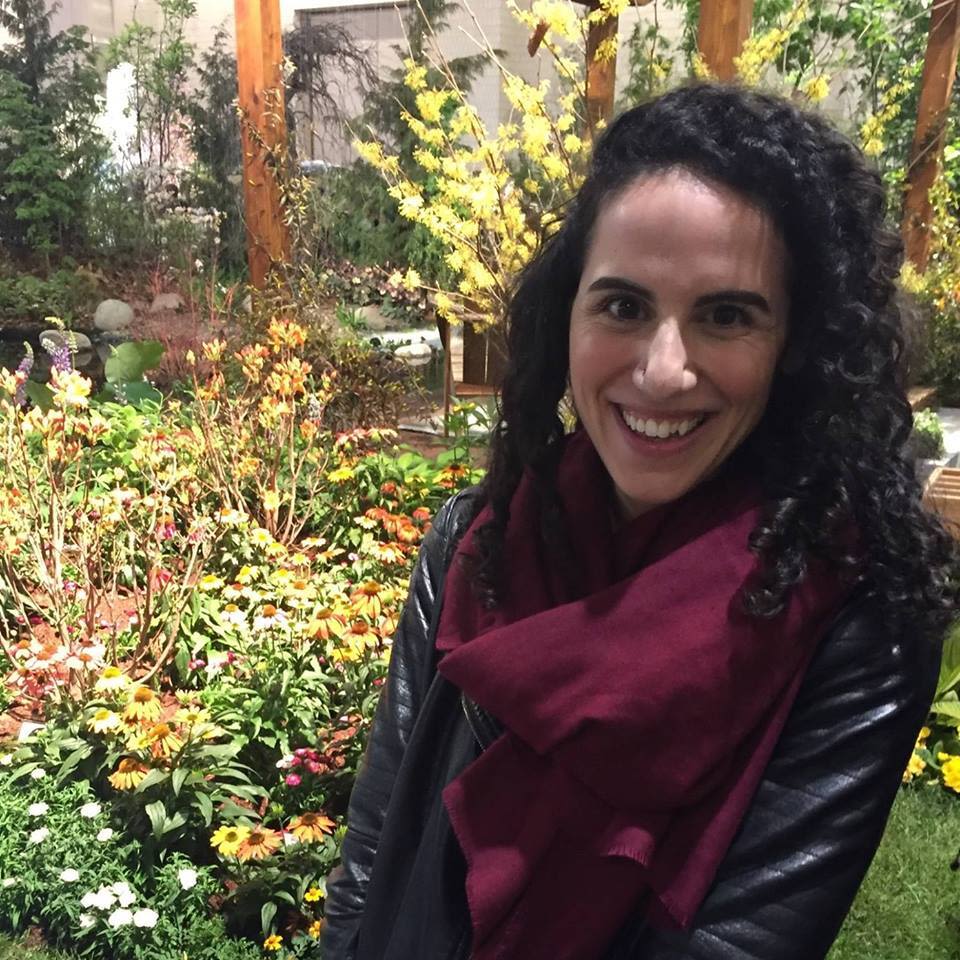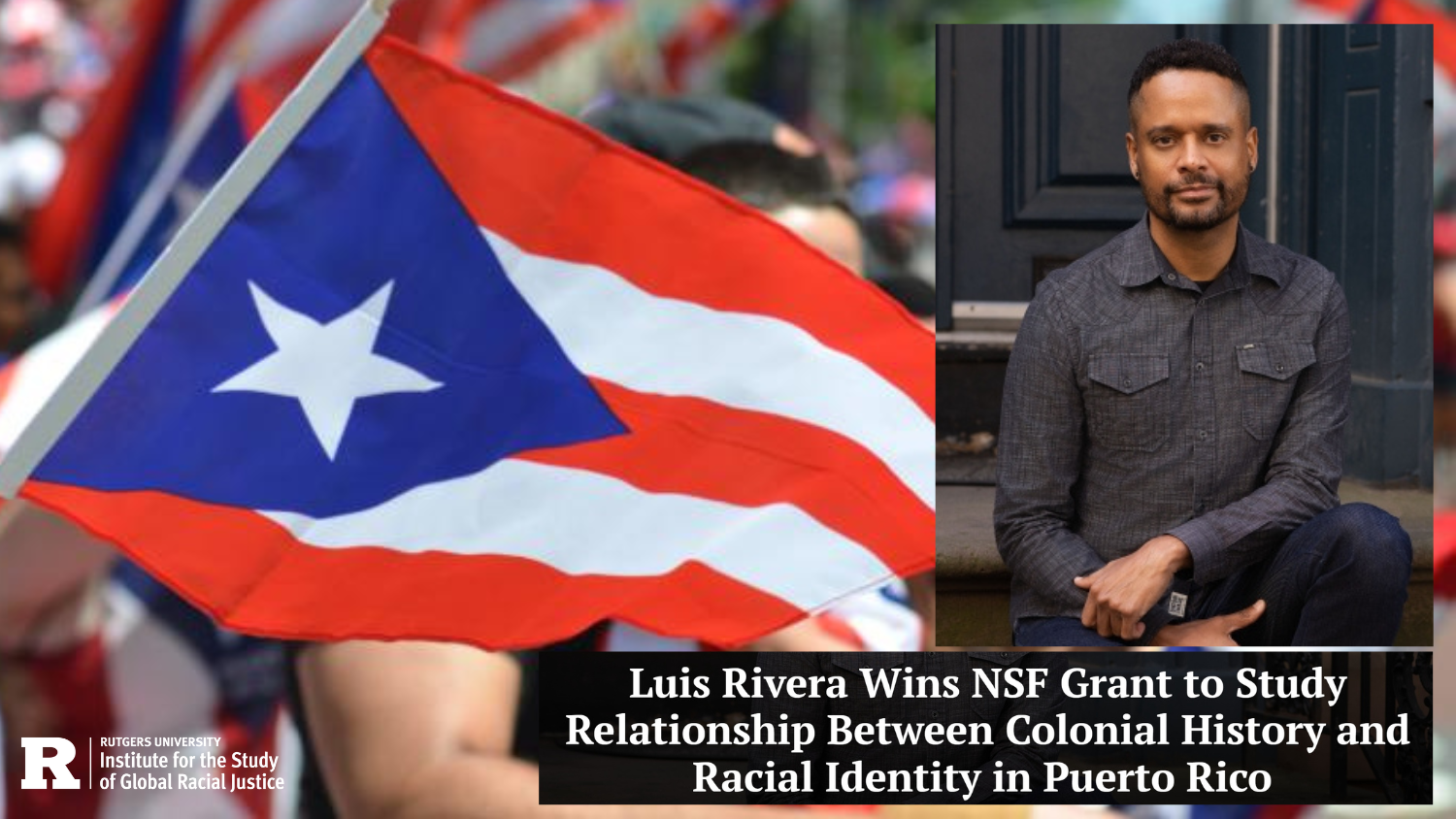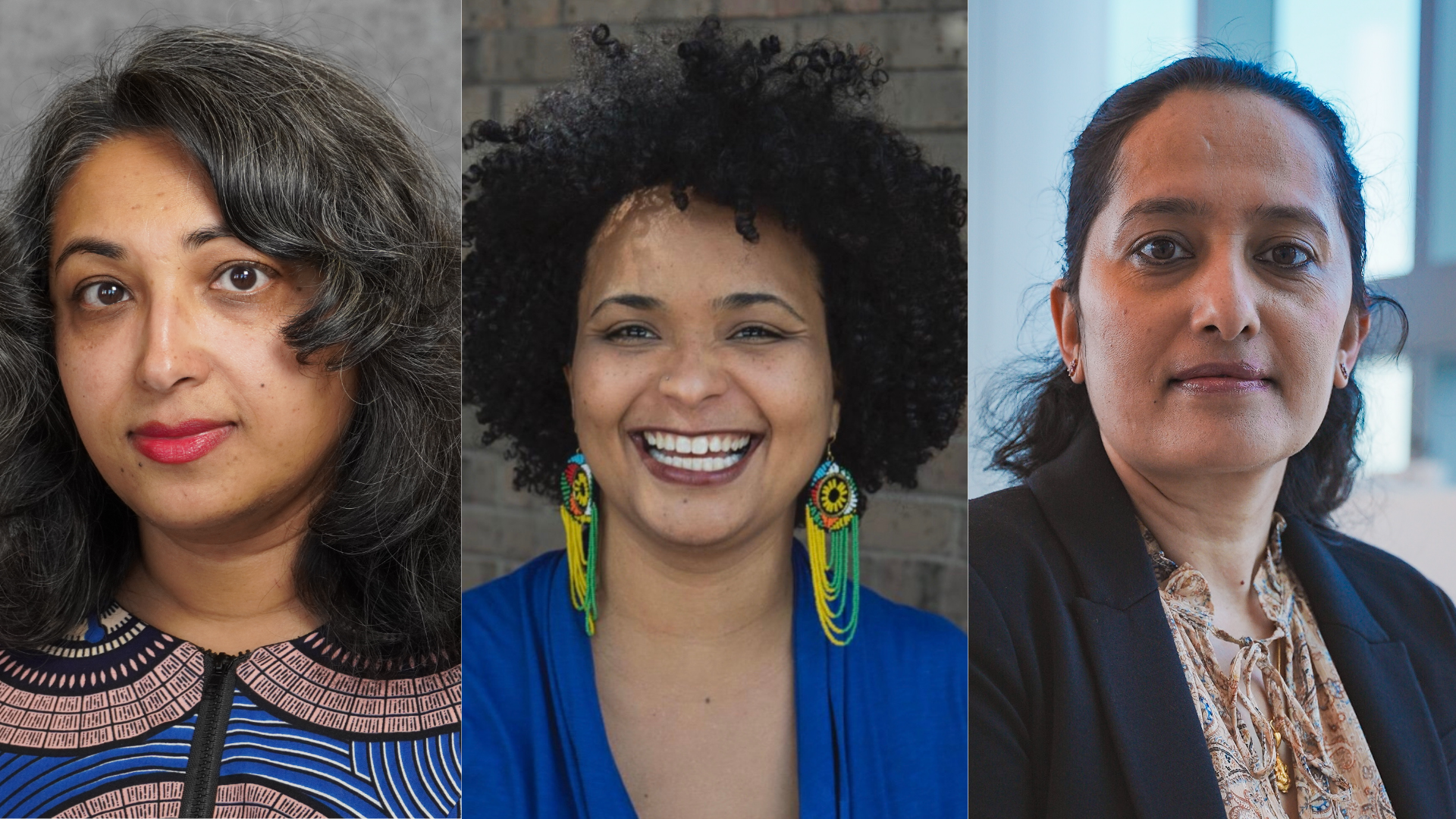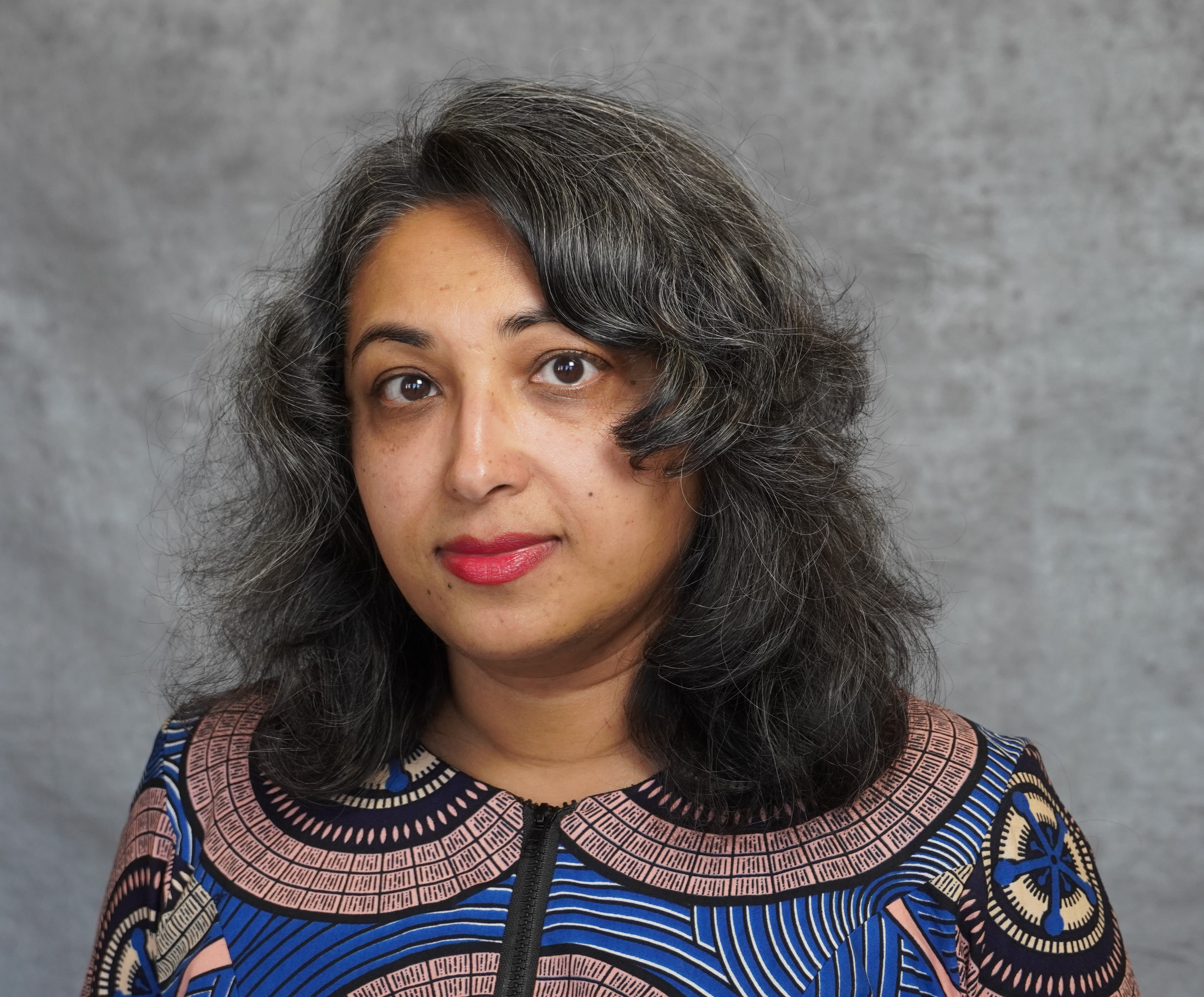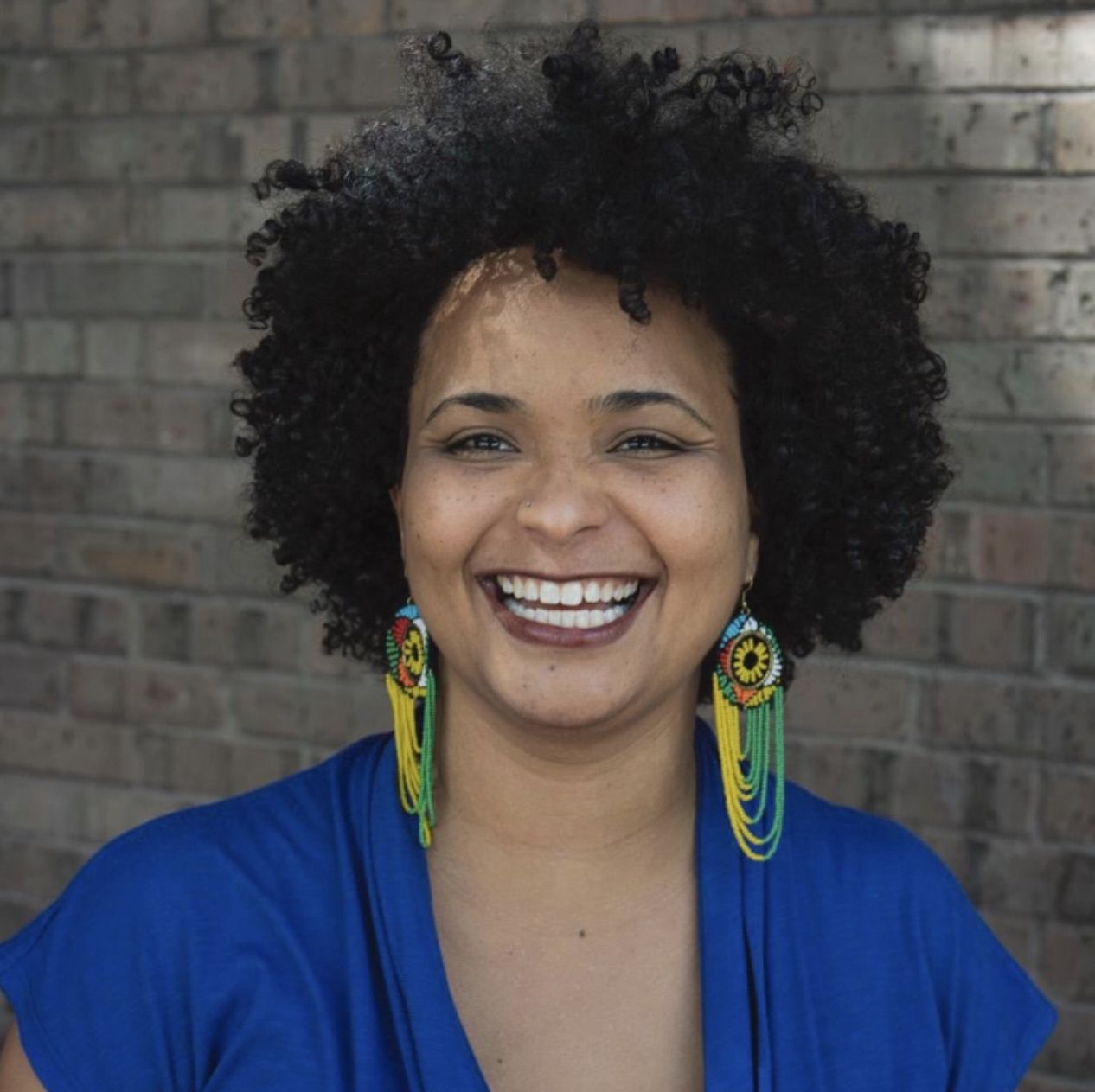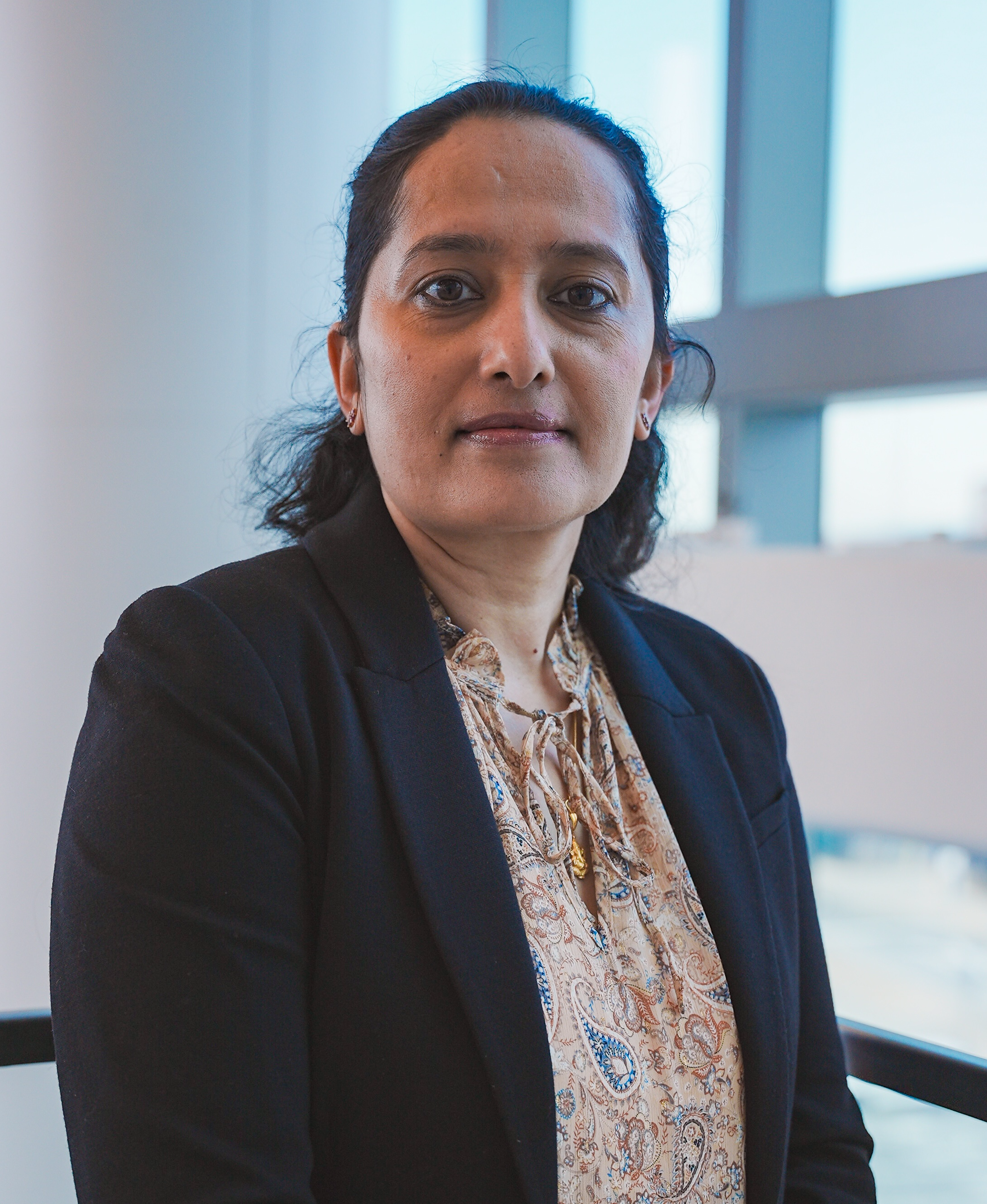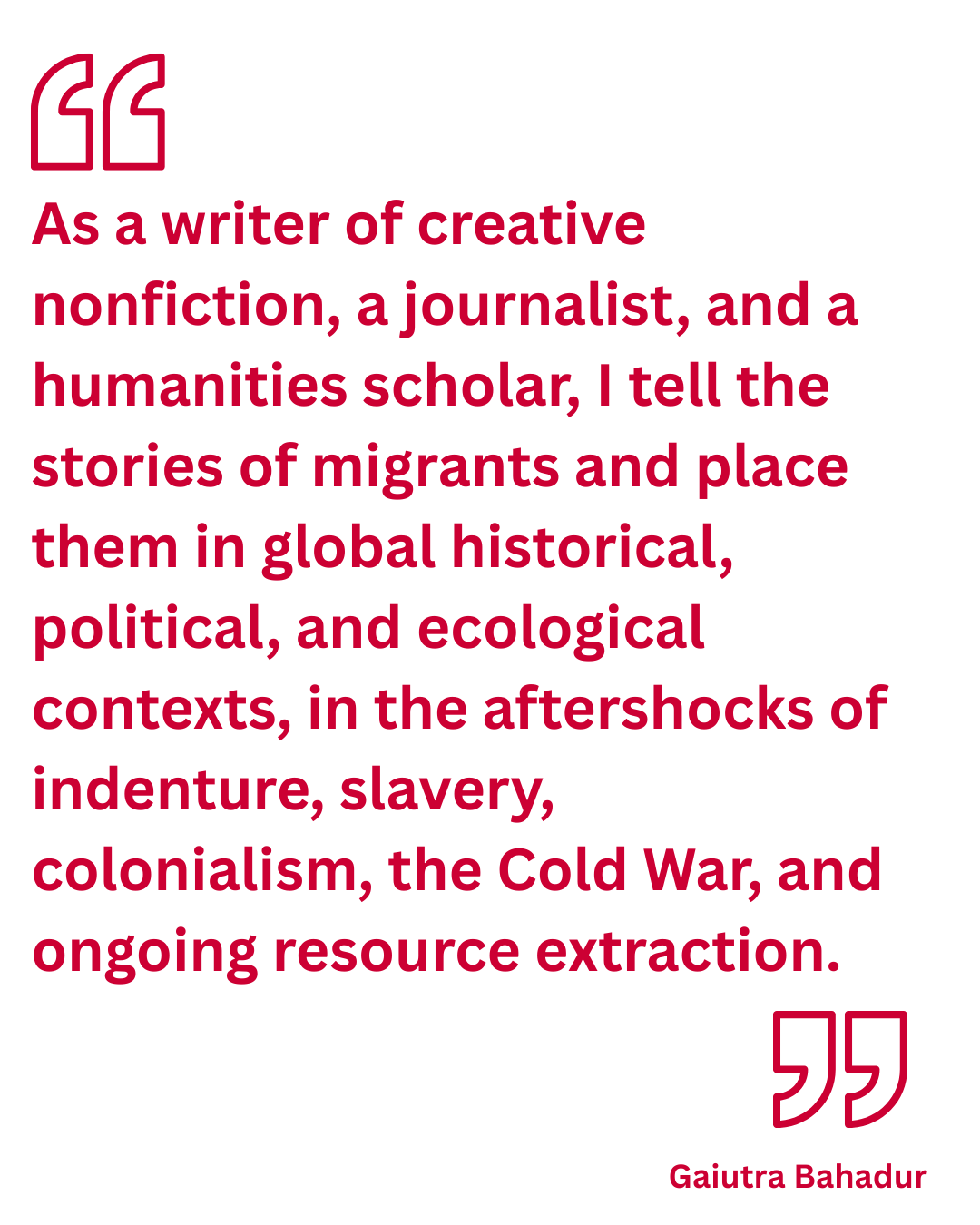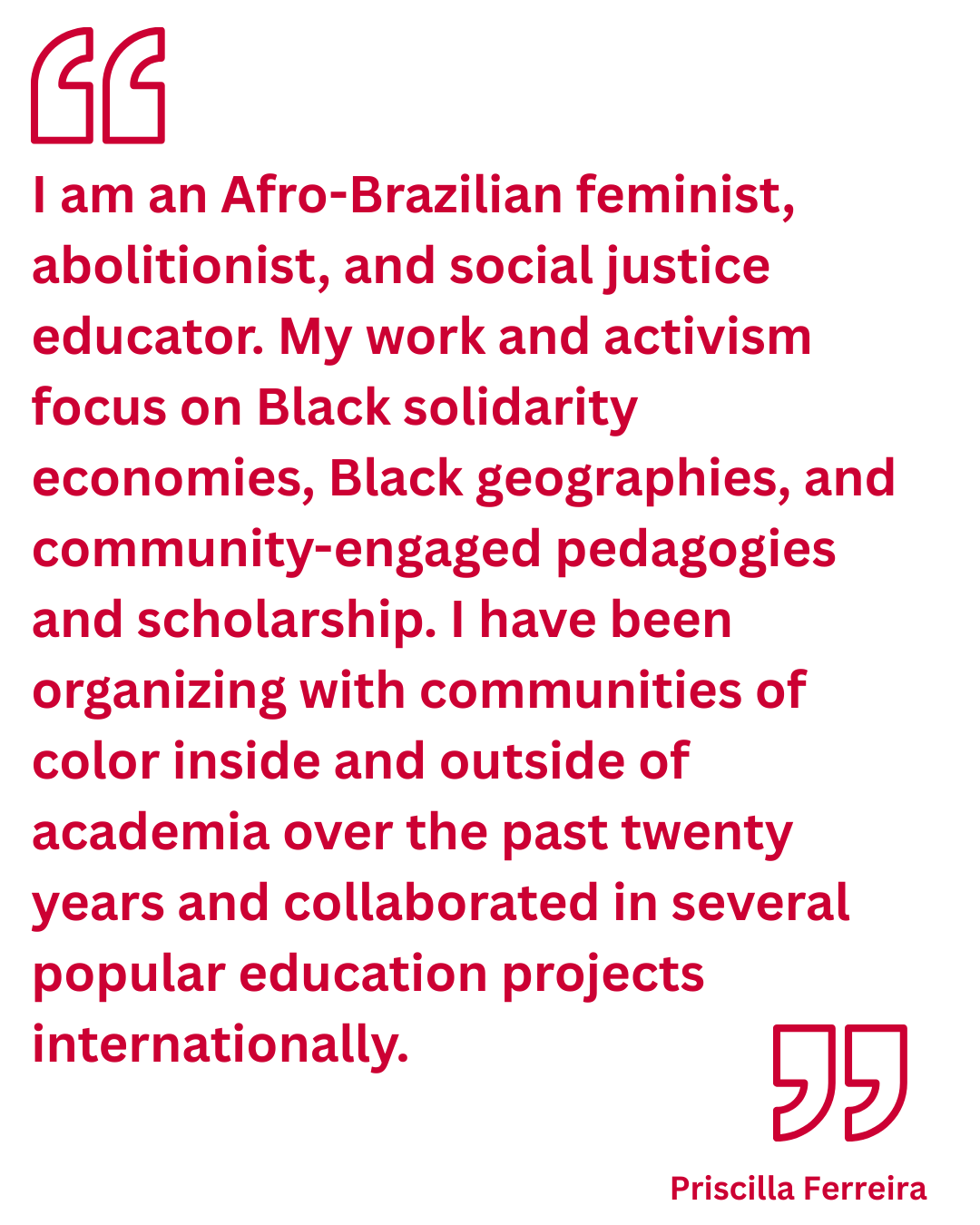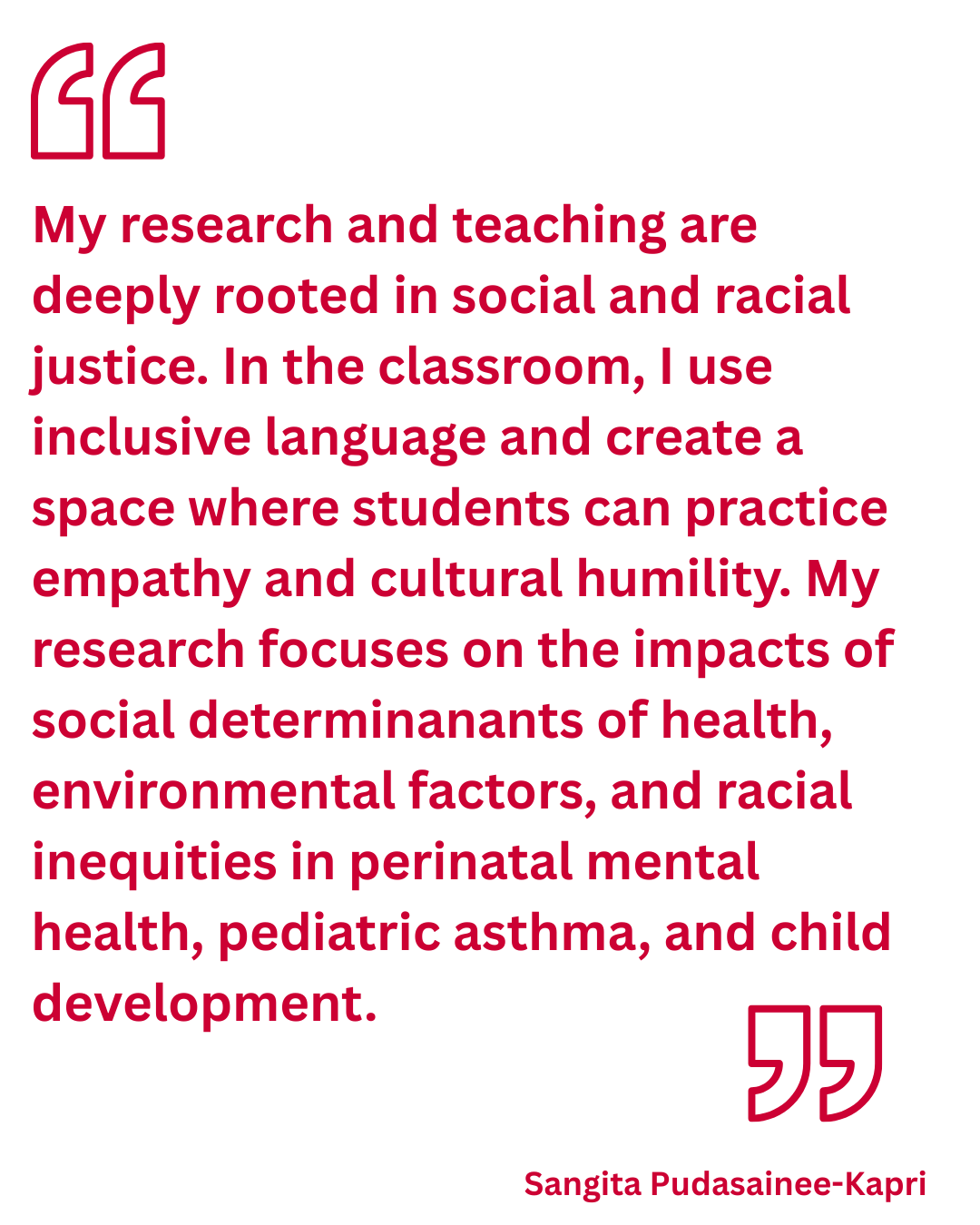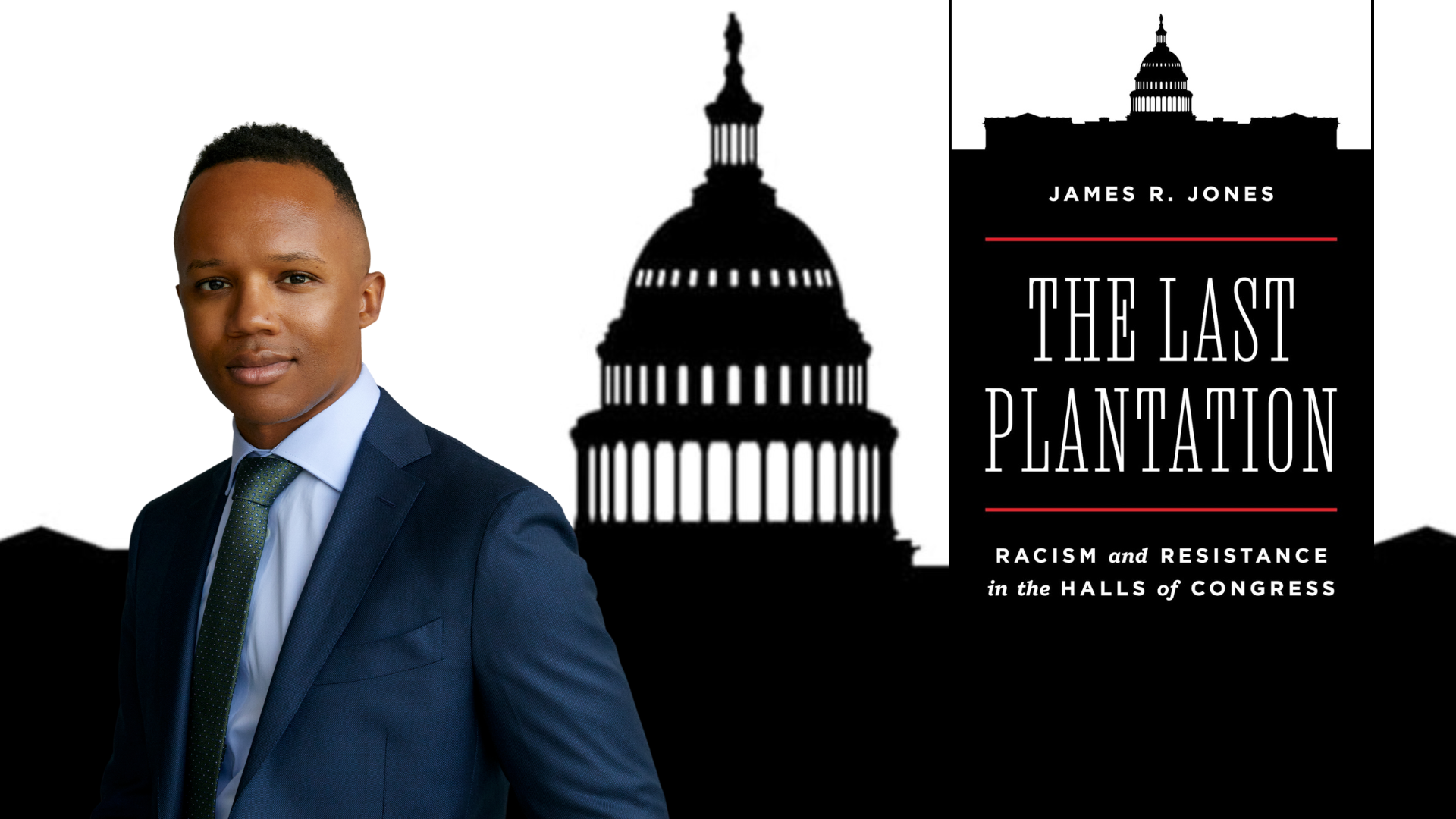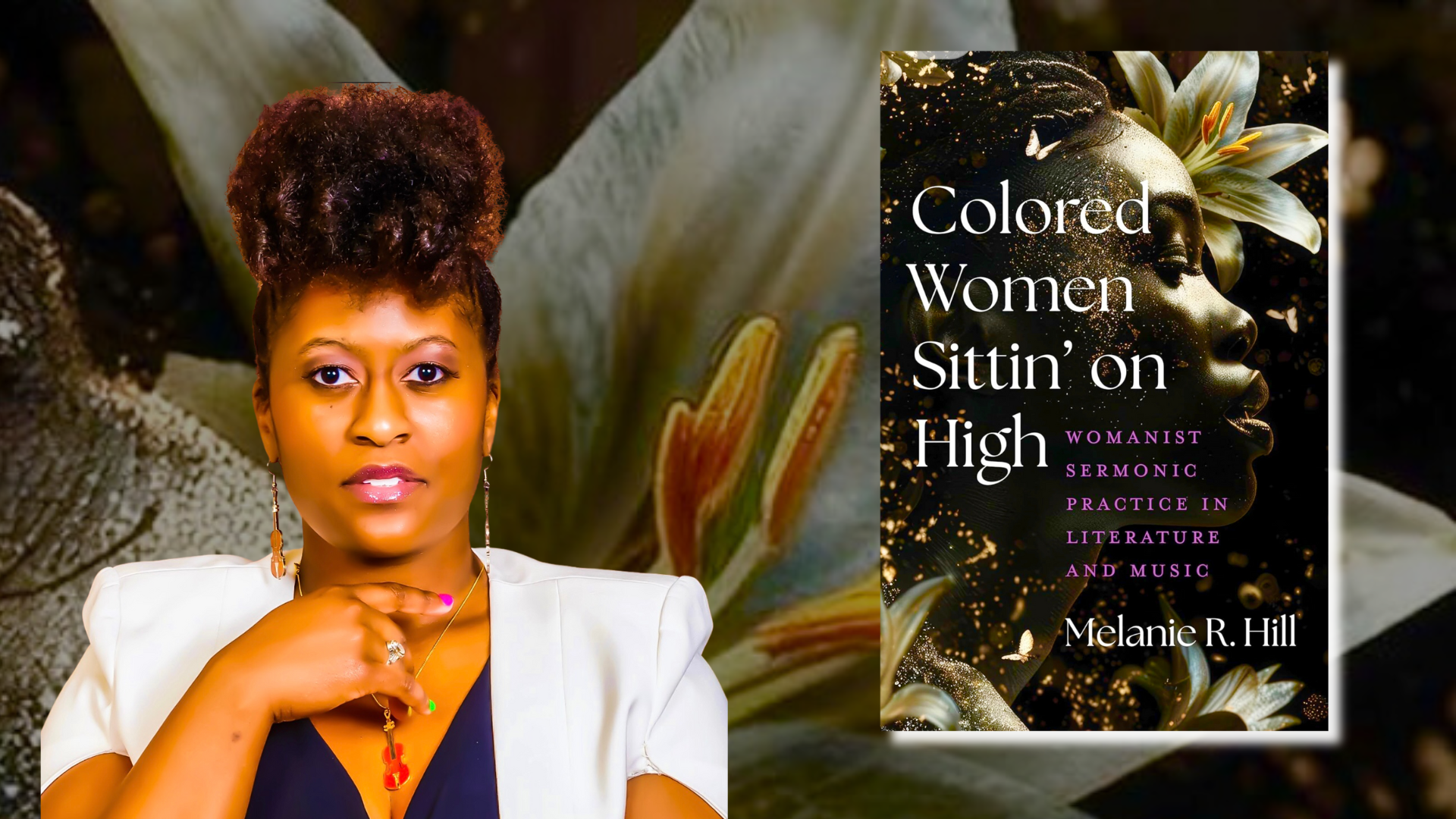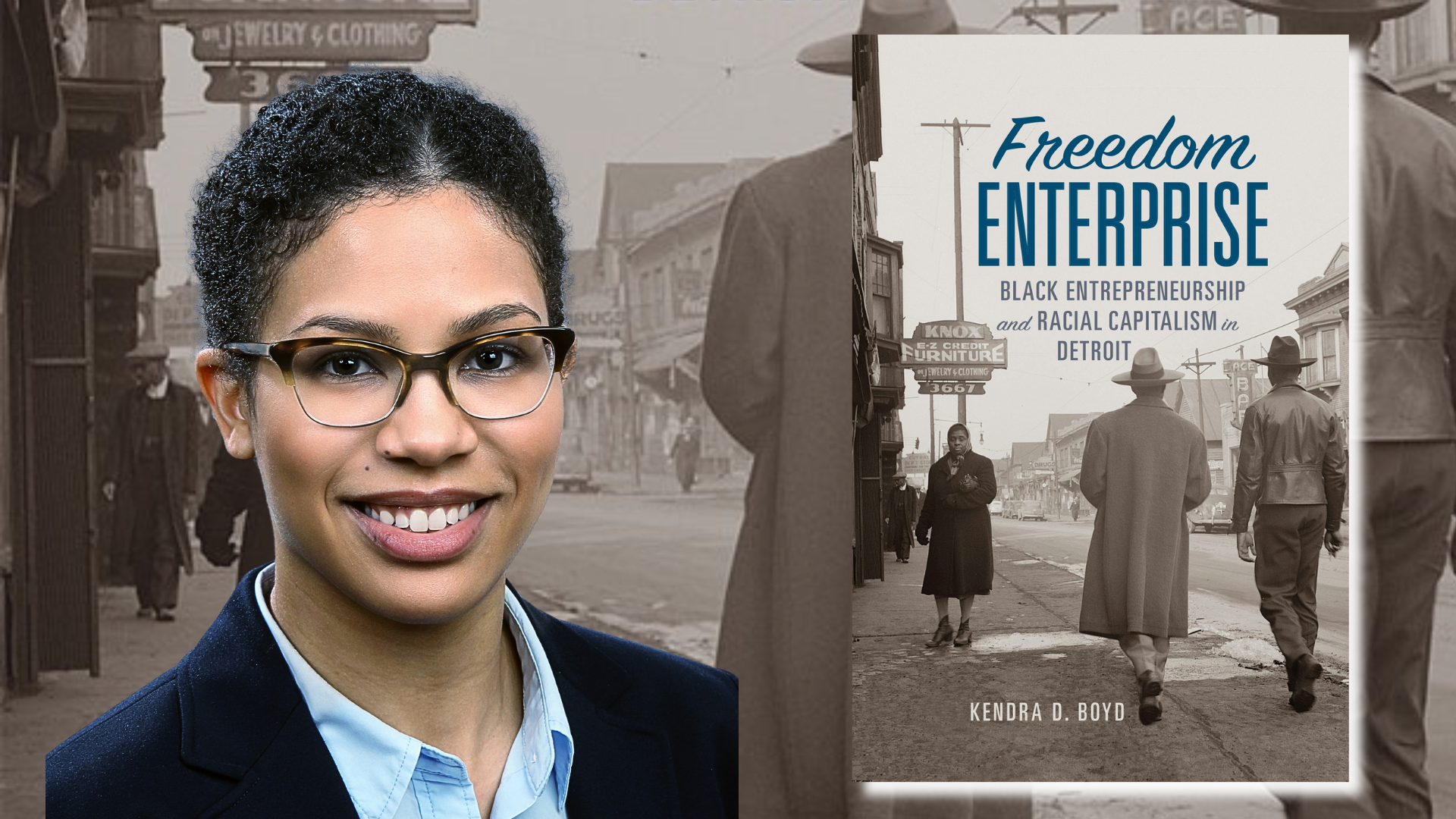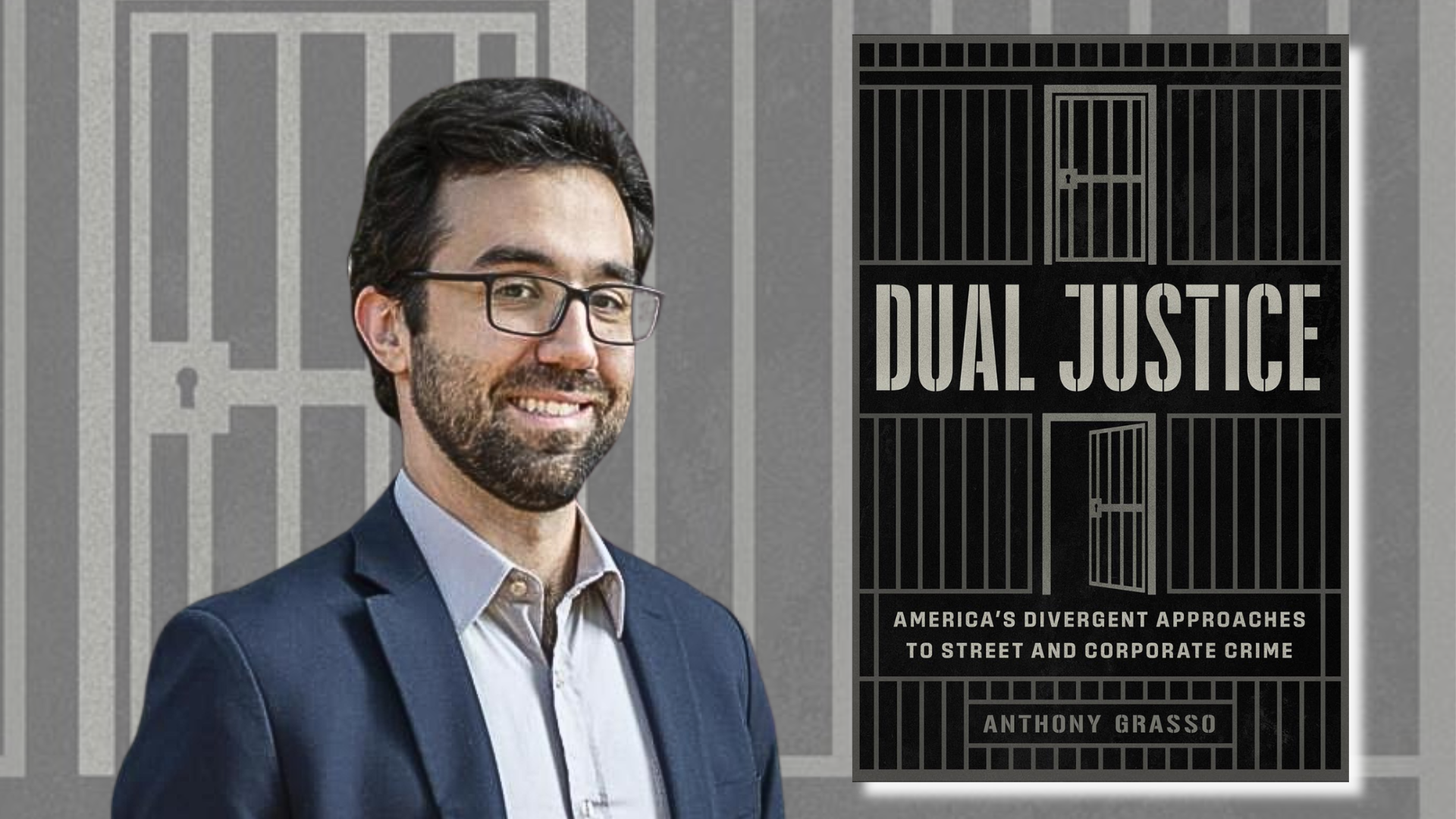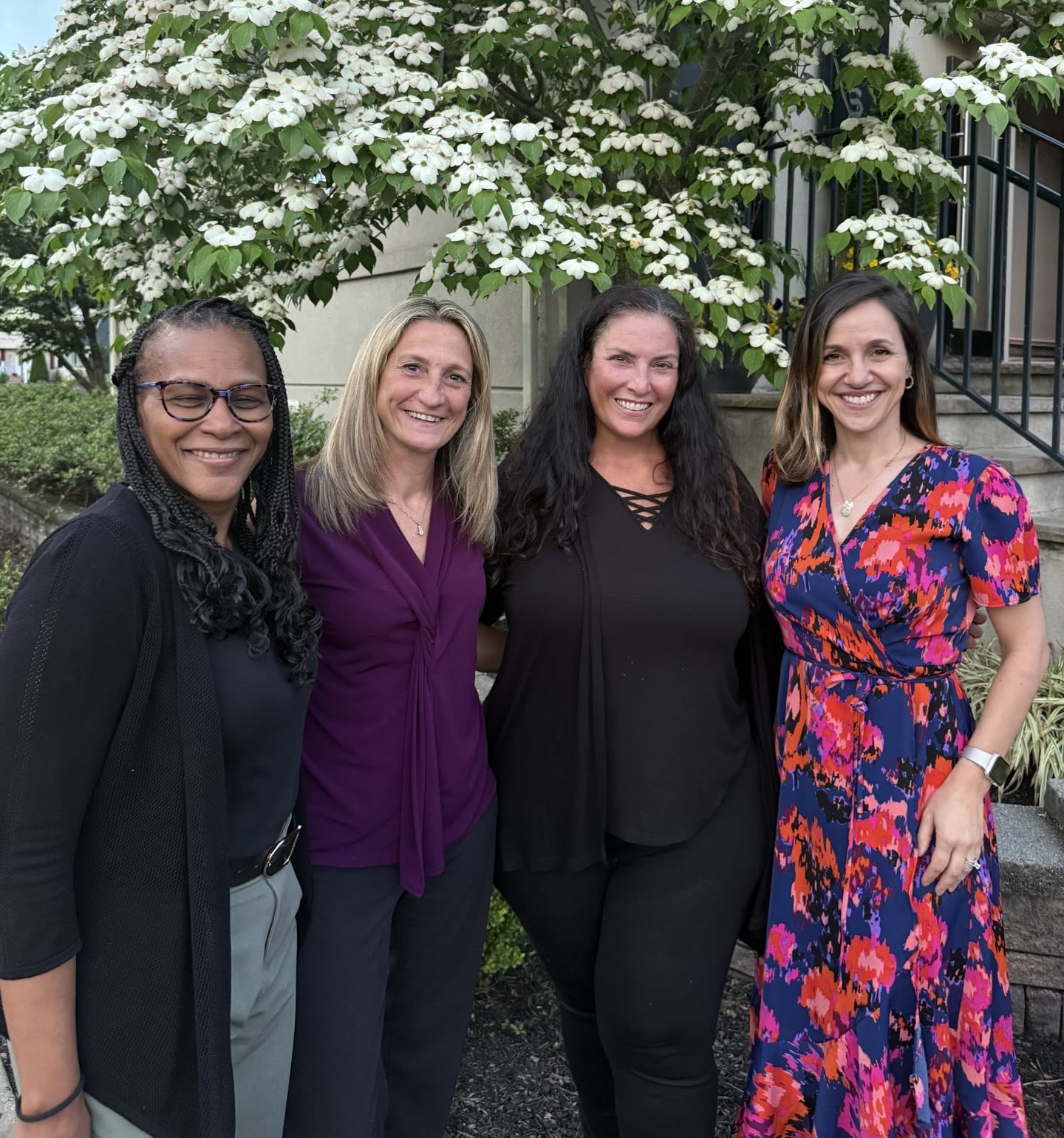Spotlight
The preeminent public-facing site gathering and showcasing excellence in research on race across multiple disciplines at Rutgers University and beyond

A Spotlight on Scholarship
Welcome to our researcher showcase and project spotlight. This visual archive showcases faculty, research areas, and projects across Rutgers University, further elevating our intellectual corridor of groundbreaking researchers and scholars.
PART 1: The Launch of Spotlight with our first Research Area Feature
Africana Studies
The study, research, interpretation, and dissemination of knowledge concerning African American, African, and Caribbean affairs and culture.
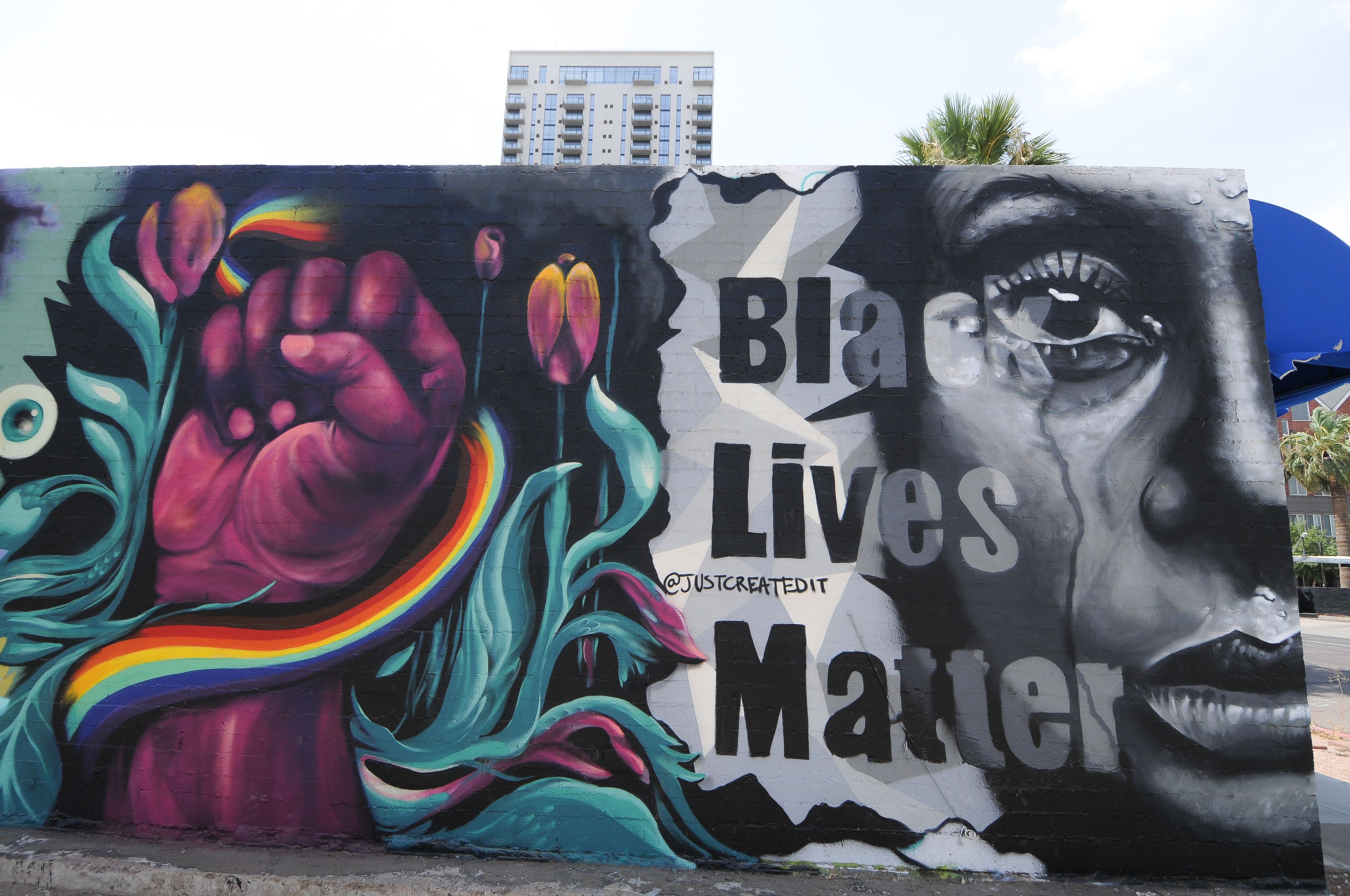
Hyacinth Miller (Rutgers University-Newark), Omaris Zamora (Rutgers University-New Brunswick), and Keith Michael Green (Rutgers University-Camden)
Hyacinth Miller (Rutgers University-Newark), Omaris Zamora (Rutgers University-New Brunswick), and Keith Michael Green (Rutgers University-Camden)
Rutgers University Researchers and Scholars in Africana Studies: A Spotlight
Hyacinth Miller, Assistant Teaching Professor, Rutgers University–Newark
Hyacinth Miller, Assistant Teaching Professor, Rutgers University–Newark
Hyacinth Miller is a political scientist whose interdisciplinary research centers on Black women in politics, Caribbean and African political development, and Black immigrant political incorporation. Miller's interests include Black women in elected office, domestically and internationally, with an emphasis on candidate emergence and campaign strategy. Her current research project, tentatively titled The Garden State's Black Politics, examines Black women in elected office in New Jersey. A second, nascent research project concerns 21st-century calls for reparations and repair and the political and legal responses to these calls.
Omaris Zamora, Assistant Professor of Latino and Caribbean Studies and Africana Studies, Rutgers-New Brunswick)
Omaris Zamora, Assistant Professor of Latino and Caribbean Studies and Africana Studies, Rutgers-New Brunswick)
Omaris Zamora is a transnational Black Dominican Studies scholar and spoken-word poet. Her research interests include: theorizing AfroLatinidad in the context of race, gender, sexuality through Afro-diasporic approaches.
Her current book project tentatively titled, Cigüapa Unbound: AfroLatina Feminist Epistemologies of Tranceformation, examines transnational Black Dominican narratives in the work of Firelei Baez, Elizabeth Acevedo, Nelly Rosario, Ana Lara, Loida Maritza Pérez, Josefina Baez, Cardi B, and La Bella Chanel. Zamora pays close attention to how they embody their blackness, produce knowledge, and shift the geographies of black feminism in ways that recognize the legacies of Chicana/Latina and Black American feminist theory in the United States, but tends to the specific experiences of AfroLatina women and their multiple genealogies.
Keith Michael Green, Associate Professor of English and Communication, and Africana Studies, Rutgers University-Camden
Keith Michael Green, Associate Professor of English and Communication, and Africana Studies, Rutgers University-Camden
Keith Michael Green is a proud alumnus of Camden High, and his research and teaching interests center people of African descent in speculative fiction, captivity narratives, disability studies, and multilingualism. His first book, Bound to Respect: Antebellum Narratives of Black Imprisonment, Servitude, and Bondage: 1816-1861 (Alabama, 2015), explored neglected forms of captivity blacks experienced and recounted in the nineteenth century. He also co-edited a collection of essays on bondage and subjection in the contemporary moment, entitled Diverse Unfreedoms: The Afterlives and Transformations of Post-Transatlantic Bondages (Routledge, 2019). His current projects explore the meanings of Cuba for blacks in the United States, multilingual African American literary production, as well as the married and religious life of two enslaved persons in colonial New England, Hannah Hovey and Briton Hammon.
Africana Studies Faculty Profile: Kim Butler
Associate Professor of Africana Studies Director, Insurgent Intersections: Combating Global Anti-BlacknessRutgers University-New Brunswick
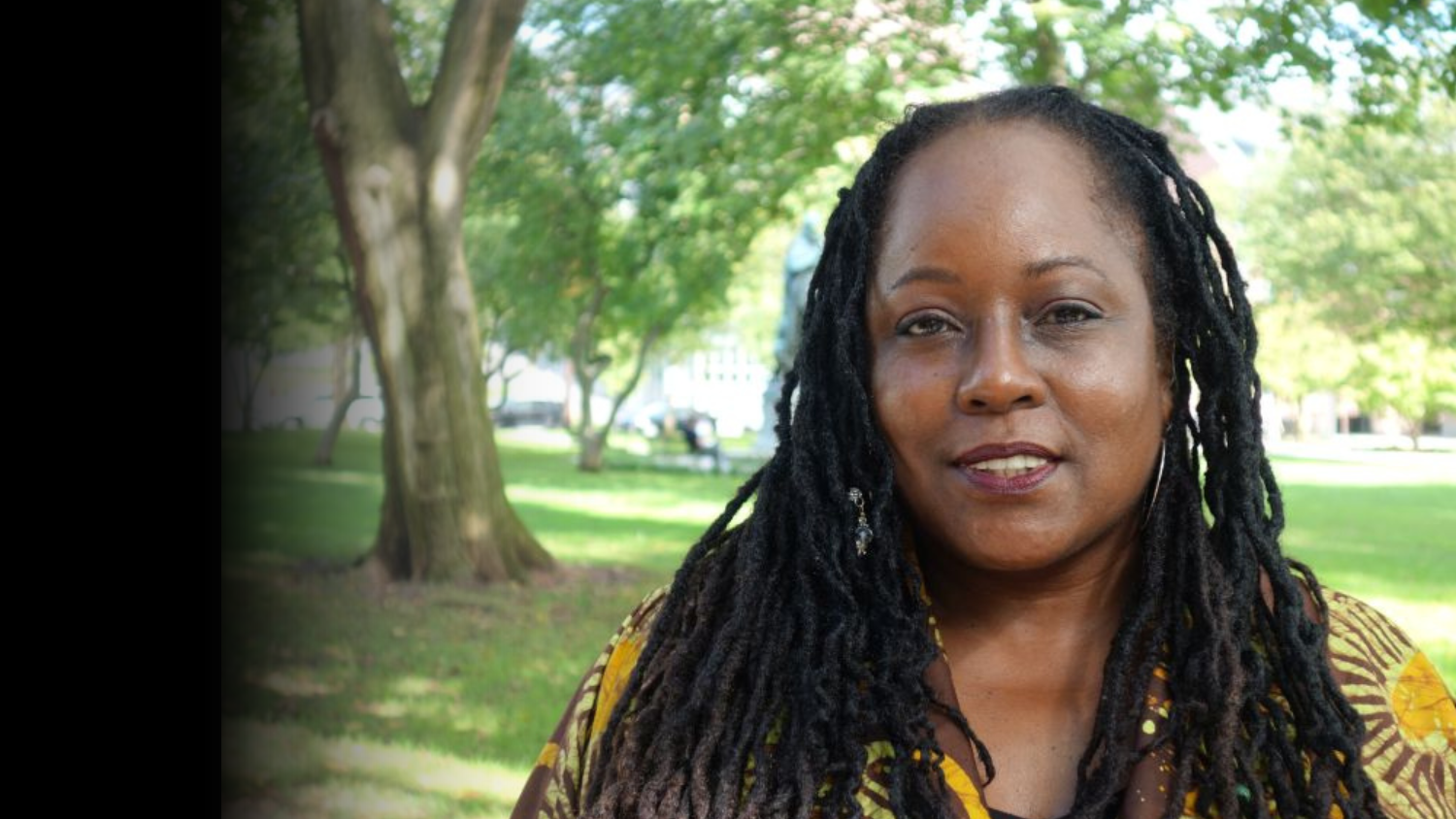
Professor Kim Butler has been named a recipient of the 2025 National Endowment for the Humanities Fellowship
Professor Kim D. Butler (Associate Professor of Africana Studies and History at Rutgers New-Brunswick, and Project Director of Insurgent Intersections: Combating Global Anti-Blackness, one of the first funded research projects at the ISGRJ) has been named a 2025 recipient of the National Endowment for the Humanities fellowship to complete a book on Black Power as it expressed itself through Black carnival groups known as Blocos Afros.
Blocos Afros are a distinct form of carnival performance created in Salvador, Bahia, Brazil during the nation’s last military dictatorship (1964-1985) when a group of young people founded Ilê Aiyê (loosely, “House of the World” in Yoruba). In the carnival of 1975, this exclusively Black group scandalized a society that asserted itself as a racial democracy, parading with signs proclaiming “Black World,” “Blacks for You” and (in English) “Black Power.” Dozens of others soon followed; these were neighborhood-based groups promoting black cultural pride, history, and politics during their Carnival processions, and providing social services throughout the year through youth activities and economic opportunities. At their height of popularity in the 1980s, they featured percussion sections sometimes over 100 strong. Hundreds of masqueraders paraded in African-themed costumes and sang original compositions about black experience. Elected queens of the blocos floated above the crowd on flatbed trucks dancing movements created especially for this style of Carnival. Made internationally famous by such artists as Michael Jackson and Paul Simon, blocos became an integral part of Carnival, the state’s cultural identity, and tourism.
In the 1970s, however, blocos were seen as a threat to the elite narrative that there racism did not exist in Brazil. Propelled to creatively negotiate the constraints of a military dictatorship, blocos afros found unique ways to articulate a popular vision of liberation encompassing an end to racial, sexual, economic and gender discrimination. At the same time, they constructed a counter-discourse that celebrated the very identities most disparaged in Brazilian society. In a moment when it seemed that the dominant classes held all-encompassing power, young Black teens created a powerful way to dismantle oppression—all to the exuberant rhythms of Carnival.
Kim Butler has written extensively about the African carnival clubs that first appeared shortly after Brazil became the last American nation to abolish slavery in 1888, and has been researching the clubs of the 1970s and 80s over the past decade. See below for some images from the 2024 Ilê Aiyê 50th Anniversary Carnival:
2024 Ilê Aiyê 50th Anniversary Carnival
2024 Ilê Aiyê 50th Anniversary Carnival
2024 Ilê Aiyê 50th Anniversary Carnival
2024 Ilê Aiyê 50th Anniversary Carnival
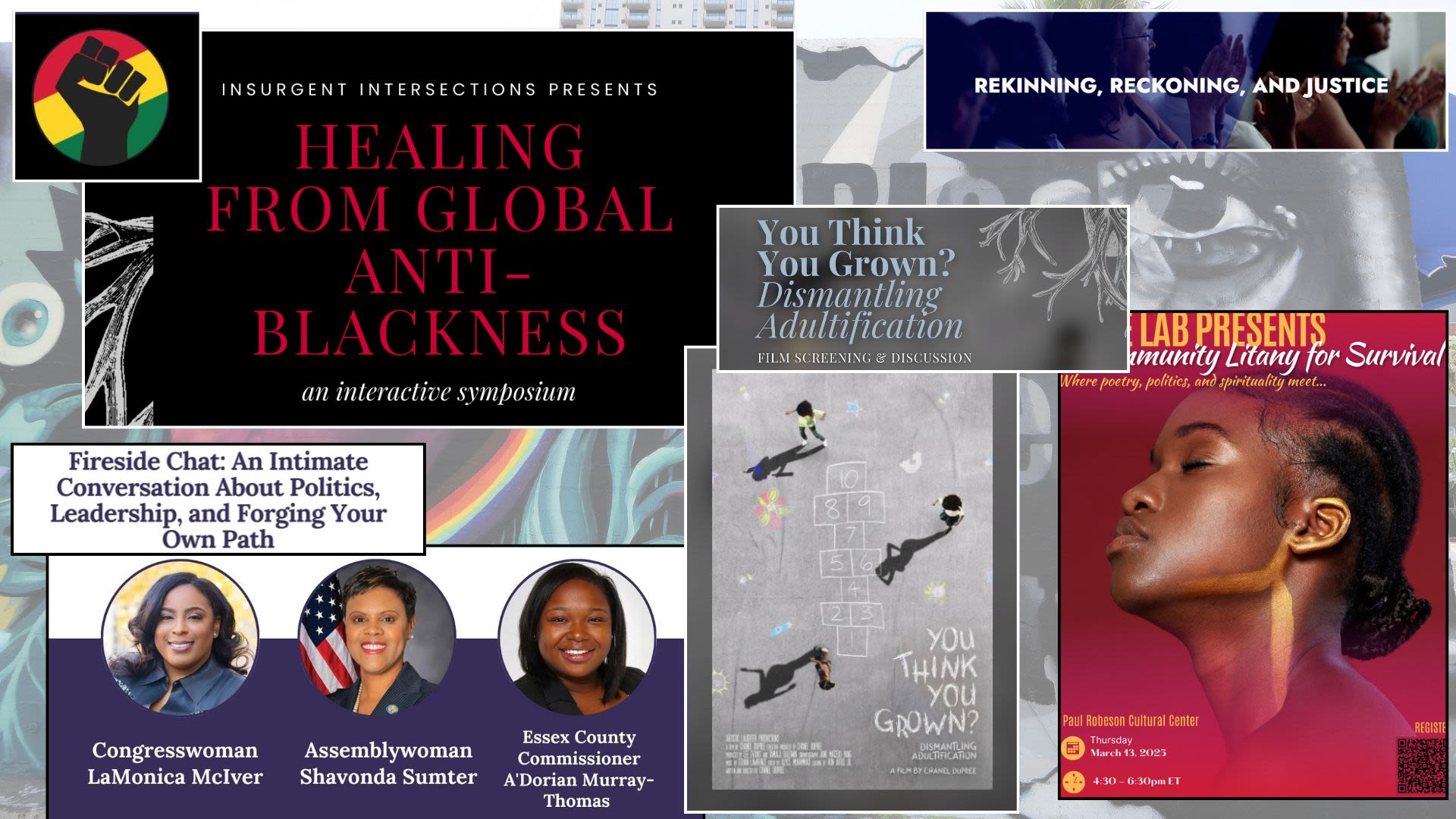
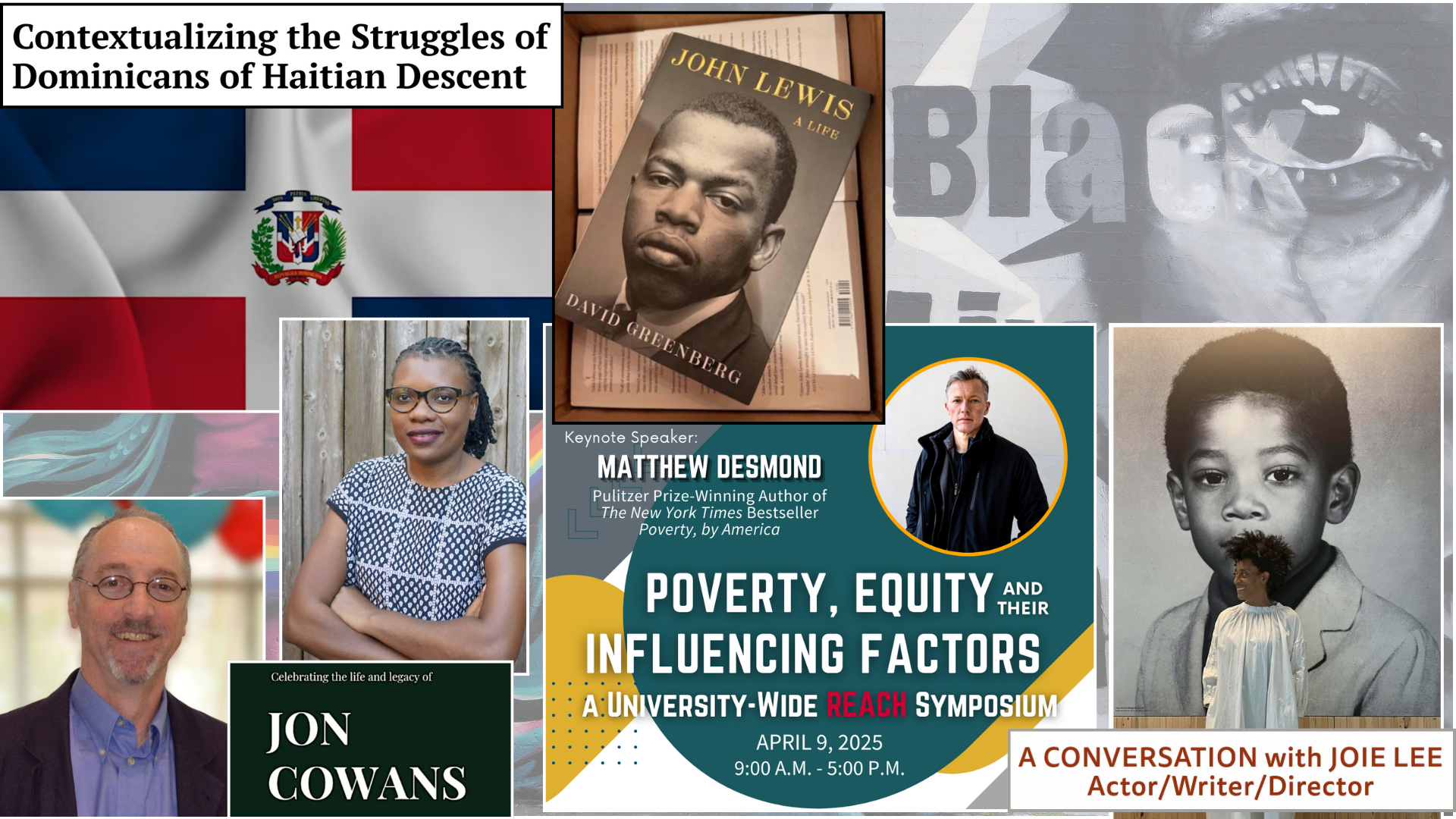
Africana Studies Events at Rutgers University
PART 2:
Criminal Justice
The study of the individual and social dynamics of crime and the criminal legal system through multidisciplinary and collaborative approaches and using this understanding to achieve equitable justice practices that promote public safety.
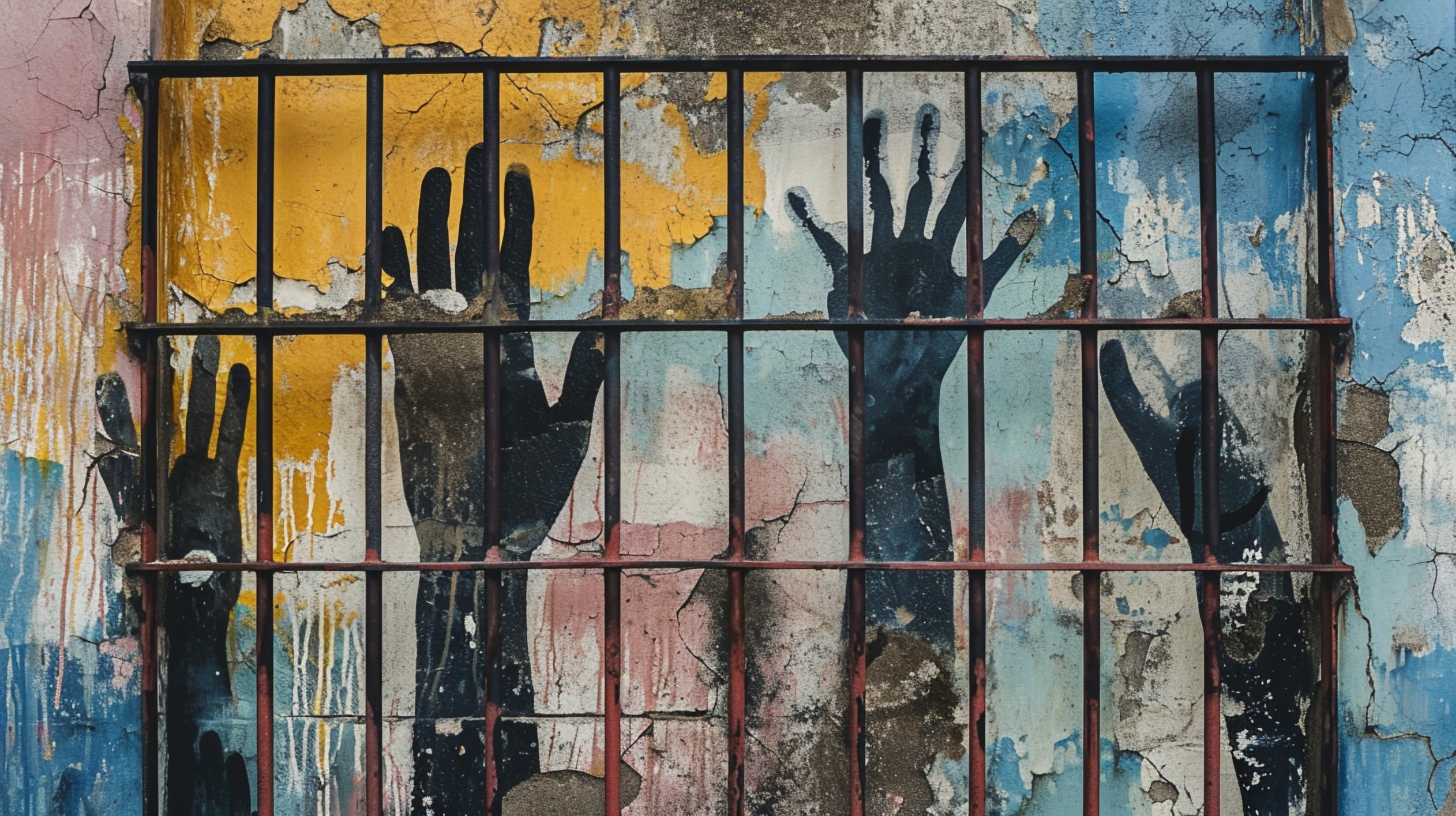
Frank Edwards (Rutgers University-Newark), Kayla Preito-Hodge (Rutgers University-Camden), Benjamin Justice (Rutgers University-New Brunswick)
Frank Edwards (Rutgers University-Newark), Kayla Preito-Hodge (Rutgers University-Camden), Benjamin Justice (Rutgers University-New Brunswick)
Rutgers University Researchers and Scholars in Criminal Justice
Frank Edwards, Associate Professor of Criminal Justice, Rutgers University-Newark
Frank Edwards, Associate Professor of Criminal Justice, Rutgers University-Newark
Frank Edwards studies fatal police violence and how the politics of Black exploitation and Native elimination jointly structure the operation of U.S. social policy systems. A sociologist broadly interested in social control, the welfare state, race, and applied statistics, his work explores the causes and consequences of the social distribution of state violence through two projects.
The first draws attention to child protection systems as key sites of family disruption. This work shows that American child protection systems are tightly intertwined with carceral and welfare policy systems, and that race and colonization play a central role in explaining the spatial and social distribution of family separation.
The second provides detailed analyses of the prevalence of police-involved killings in the US. This project uses novel data and Bayesian methods to provide estimates of mortality risk by race, sex, and place. It also evaluates how institutions and politics affect the prevalence of police violence.
Kayla Preito-Hodge, Assistant Professor of Criminal Justice, Rutgers University-Camden
Kayla Preito-Hodge, Assistant Professor of Criminal Justice, Rutgers University-Camden
Kayla Preito-Hodge is an Assistant Professor in the Department of Sociology, Anthropology, and Criminal Justice at Rutgers University-Camden. She earned her Ph.D. in Sociology from the University of Massachusetts-Amherst. Her dissertation, “Too Black for the Blue’s” was supported by the National Science Foundation’s Graduate Research Fellowship Program. Dr. Preito-Hodge’s research and teaching explore the intersections of race, policing, organizations, and the larger criminal justice system. Her work has been featured in journals such as Social Currents, Socius, and Psychology of Violence. Additionally, her work has been supported by various internal and external funders. She is currently working on a book manuscript that critically examines Black police officers in the era of the Movement for Black Lives. Dr. Preito-Hodge also holds a bachelor’s degree in sociology from Boston College. She is an avid supporter of criminal justice and juvenile justice reform.
Benjamin Justice, Distinguished Professor of Educational Theory, Policy, and Administration at the Rutgers Graduate School of Education, Rutgers University-New Brunswick
Benjamin Justice, Distinguished Professor of Educational Theory, Policy, and Administration at the Rutgers Graduate School of Education, Rutgers University-New Brunswick
Benjamin Justice is Distinguished Professor of Education at the Rutgers Graduate School of Education and an associate member of the History Department at Rutgers—New Brunswick. He holds a courtesy appointment as Senior Research Scholar at Yale Law School. He also serves as series editor of New Directions in History of Education, at Rutgers University Press. Dr. Justice is past president of the History of Education Society, and a former member of the Standing Committee on American History for the National Assessment of Educational Progress (NAEP).
Currently, Dr. Justice examines the ways in which the US criminal justice system educates. This work builds innovative connections between legitimacy theory and curriculum theory, positing that criminal justice is, itself, a form of civic education. Dr. Justice spent the 2023-24 academic year as a visiting scholar at the Russell Sage Foundation, writing a book on how experiences with police, courts, and pre-trial detention offer formal and hidden curricula that shape civic identity.
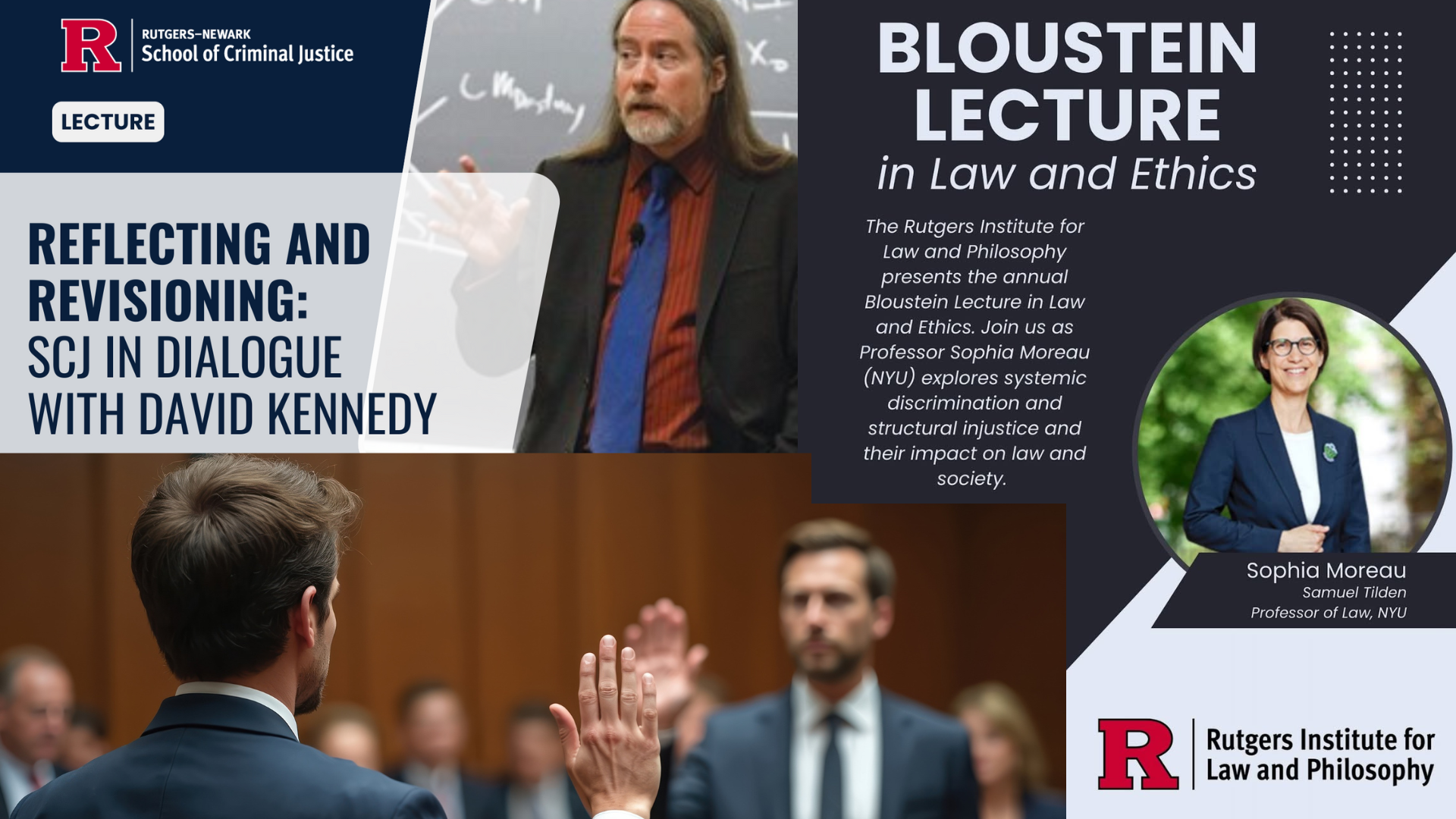
Criminal Justice Events at Rutgers University
Criminal Justice Project Profile: Exit 9: Free Tyree
The story of how a Rutgers professor and his team of Rutgers student filmmakers led the fight to free a wrongfully convicted and imprisoned man.
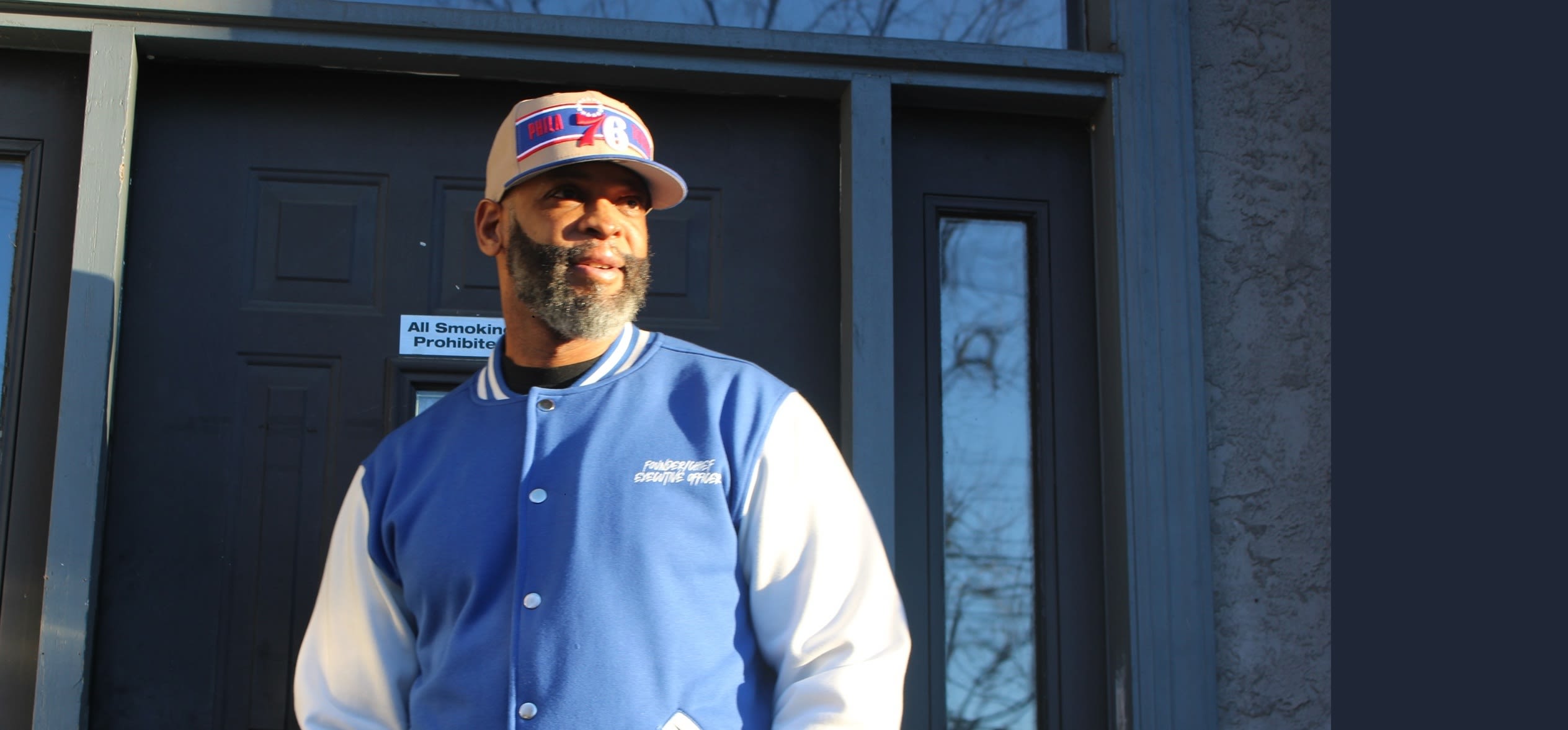
For the last five years, filmmaker and Rutgers University New Brunswick English Professor John Hulme has documented the story of Tyree Wallace, a wrongfully incarcerated man serving a life sentence in Pennsylvania for a murder he didn’t commit. No physical evidence tied Tyree to the shooting of deli-owner John Young Su Kang in 1997, but the police and prosecutor used a host of unreliable witnesses (all of whom later recanted) to convince a jury he was involved. The fact that Raheem Shackleford, confessed killer of Mr. Kang, was released from prison in 2019, only underscored the injustice. But despite having a dedicated team of friends and activists fighting for his cause, Tyree’s case was stuck in bureaucratic mud for over two decades.
To help alter the case’s trajectory, Hulme invited student filmmakers at Rutgers to get involved. They began by recording a series of remote interviews with Tyree, exploring both his fight for freedom and the positive impact he was making on fellow prisoners. These conversations were then edited into YouTube videos, social media posts and podcasts, drawing countless new followers to the Free Tyree movement. Teams of students also brought their cameras to a Philadelphia courtroom for crucial hearings, holding the judge and district attorney’s office accountable, and demanding they explain why an innocent man was still locked away.
On June 10, 2024, Tyree’s life sentence was vacated, after Mr. Shackleford finally came forward and admitted Tyree had nothing to do with Mr. Kang’s murder. Five months later, on November 4, Judge Scott DiClaudio officially granted Tyree his freedom. Hulme and a dozen students were there to document the celebration, from the moment Tyree emerged from prison to his reunion with longtime supporters. All told, over 300 Rutgers students were directly involved, all of whom serve testament to what’s possible when we choose to make a difference. As Tyree said during his last classroom Zoom, “Your voices can demand, and will demand, change.”
Thanks to their efforts, Tyree visited Rutgers University on April 3, in person, as a free man.
PART 3:
Migration Studies
Building policy-oriented, interdisciplinary, and global knowledge about cities through innovative curriculum and research grounded in the social sciences. Trained to bridge theory, social science research, and practice, graduates are poised to help create thriving, inclusive cities in the U.S. and around the world.

Jamie Lew (Rutgers University-Newark), Germán Cadenas (Rutgers University-New Brunswick), Sarah Tosh (Rutgers University-Camden)
Jamie Lew (Rutgers University-Newark), Germán Cadenas (Rutgers University-New Brunswick), Sarah Tosh (Rutgers University-Camden)
Rutgers University Researchers and Scholars in Migration Studies: A Spotlight
Jamie Lew, Associate Professor of Sociology, Global Urban Studies/Urban Systems, Rutgers University-Newark
Jamie Lew, Associate Professor of Sociology, Global Urban Studies/Urban Systems, Rutgers University-Newark
Jamie Lew's research interests lie broadly within the fields of sociology of education, immigration and international migration, race and ethnicity. Her work explores intersections of immigration and race, particularly as it relates to education for migrant youths in urban space. In the context of black and white binary system inherent in the U.S. history, She is interested in understanding how geographical and metaphorical color line, in given space and time, changes and shifts in urban schools and contemporary cities. By paying particular attention to these changing race relations at the ground level, Dr. Lew examines the ways in which various migrant and racialized groups create spaces for articulating new politics of change.
Germán Cadenas, Associate Professor of Clinical Psychology, Graduate School of Applied and Professional Psychology (GSAPP), Rutgers University-New Brunswick
Germán Cadenas, Associate Professor of Clinical Psychology, Graduate School of Applied and Professional Psychology (GSAPP), Rutgers University-New Brunswick
Germán Cadenas is Associate Professor of Clinical Psychology in the Graduate School of Applied and Professional Psychology (GSAPP). Dr. Cadenas identifies as an immigrant from Latin America and his academic work is community-based, with intersecting foci on the psychology of immigration and on critical consciousness as a tool for social justice. This includes the development and validation of strategies to support the psychological well-being, education, career/work, and health of immigrants and other underserved communities.
He is an Associate Editor of the Journal of Counseling Psychology and serves on the Advocacy Coordinating Committee (ACC) of the American Psychological Association.
Sarah Tosh, Assistant Professor, Sociology, Anthropology, and Criminal Justice, Rutgers University-Camden
Sarah Tosh, Assistant Professor, Sociology, Anthropology, and Criminal Justice, Rutgers University-Camden
Sarah Tosh joined the Department of Sociology, Anthropology, and Criminal Justice at Rutgers-Camden in 2019 after receiving her PhD in Sociology from the Graduate Center, CUNY. Her research examines the punitive intersections between drug, crime, and immigration policy in the United States, and she teaches courses on inequality in criminal justice, migration and deportation, drugs and society, the sociology of deviance, and criminal justice research methods. Dr. Tosh’s book, The Immigration Law Death Penalty: Aggravated Felonies, Deportation, and Legal Resistance, was published in 2023 by New York University Press. From 2021-2023, she was the co-PI of a National Science Foundation-funded study of “The Criminal Deportation Pipeline in New York City.”
Migration Studies Faculty Profile: Luis Rivera
Professor of Psychology Rutgers University-Newark Vice Provost Rutgers-Newark Office of the Chancellor
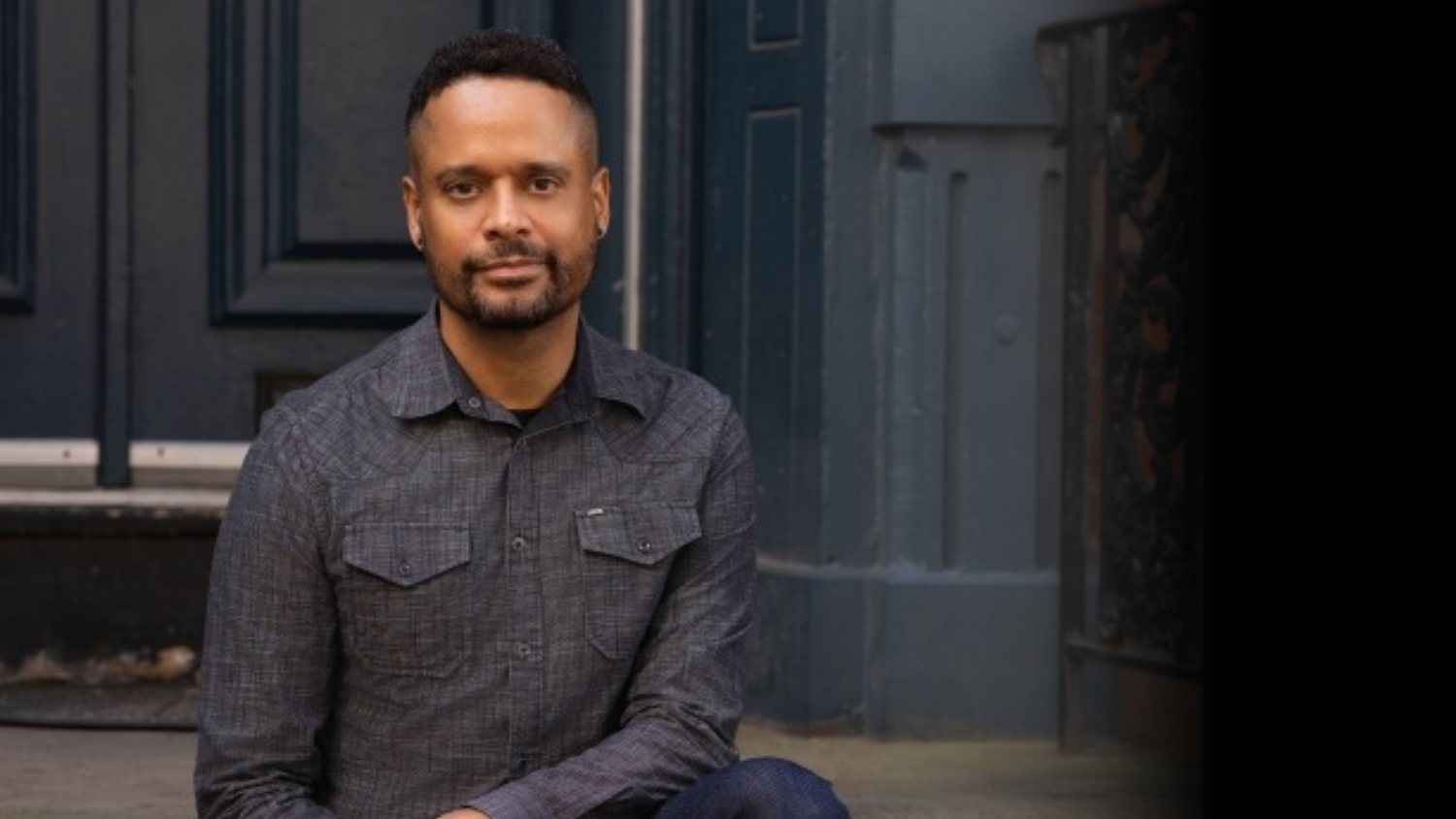
Luis Rivera Wins National Science Foundation Grant to Study Relationship Between Colonial History and Racial Identity in Puerto Rico
Back in 2023, while on sabbatical at the University of Puerto Rico, Luis Rivera, professor of Psychology at Rutgers University–Newark, began informally talking with community members about their racial identities and lived experiences. Shortly thereafter, Rivera, who now serves as Vice Provost in RU-N's Office of the Chancellor, received two Rutgers grants to expand his interrogation into a pilot study tracing the relationship between the island’s colonial history and residents’ racial identities.
Recently, he used that data to secure a three-year $850K National Science Foundation grant to dig deeper into these questions in collaboration with Social/Community Psychologist Teófilo Espada-Brignoni from the University of Puerto Rico–Rio Piedras.
“We’re very excited to be able to scale up the project and do a thorough investigation using a mixed-method approach of qualitative and quantitative research,” said Rivera, an experimental social psychologist by training.
Rivera and Espada-Brignoni, along with RU-N Psychology Post-doctoral Associate Eduardo Rivera Pichardo, will conduct five related studies to develop and test a model evaluating the relationship between the history of colonialism and present-day racial identities, providing insights into how these identities impact the quality of life for individuals from low-status and disadvantaged groups in Puerto Rico, which has a mix of native Tainos, decendants of African slaves, and residents of colonial Spanish ancestry.
Joining them in this endeavor will be five University of Puerto Rico graduate and undergraduate students, who will gain valuable research experience as they draw links between PR’s complex colonial past and current attitudes.
To better understand colonial-based racial identities in Puerto Rico, Rivera’s team will use their initial studies to evaluate their overall model and explore how individuals experience the history of colonialism in relation to their racial identities. In subsequent studies, they’ll conduct experimental work to examine cause-and-effect relations between the psychology of colonialism and racial identities.
"These types of questions usually are answered from the perspective of historians of Puerto Rico or sociologists who focus on bigger structural factors."
According to Rivera, asking and answering these questions from the perspective of social psychological theories and methodologies makes this study innovative.
“These types of questions usually are answered from the perspective of historians of Puerto Rico or sociologists who focus on bigger structural factors,” said Rivera. “For example, empirical investigation into racial identities traditionally occurs by asking people what their racial identities are—which is a legitimate approach—but via social psychology we’ve learned that people’s identities don’t just manifest explicitly [by simply asking about their racial identities] but also vis-a-vis implicit racial identities, which may tell different stories about people. So, using an implicit social cognition framework makes this project unique and hopefully will yield interesting results.”
In fact, part of what motivated Rivera’s new project were the many newspaper headlines and studies he came across on Puerto Ricans and racial identity. What he found intrigued him: Many Puerto Ricans, when asked about race and self, identify as white, even when they’re offered multi-racial options.
“This is interesting, given the history of Puerto Rico, and so I wanted to explore,” said Rivera. “I’m Puerto Rican as well, and as a social psychologist interested in racial identity and processes, I thought I’d have the tools to dig deeper from this perspective.”
Rivera believes his new study is important also because it can potentially help his team understand why Latinos and other marginalized, underrepresented groups support particular policies.
He says that depending on how they’ve integrated the colonial relationship with the U.S. into their racial identities, his study subjects may support policies that don’t align with their group’s interest, as many Latinos did in the 2020 election: He notes the vast majority of Florida Latinos, for instance, who voted for Donald Trump that cycle, and the increased Latino support Trump received in 2024.
"This is particularly relevant here because when Hurricane Maria hit Puerto Rico, the Trump administration was not instrumental in helping Puerto Rico recover,” said Rivera. “So, we want to see why they support or don’t support certain policies affecting their communities, in relation to colonial history and their self-described racial identities.”
Either way, Rivera hopes his project findings can inform policymakers and educators about how history affects present-day social cognition, and show that his team’s work can help build bridges across many social science literatures that often explore these issues in relative isolation.
PART 4:
Environmental Justice
Dedicated departments, courses, and research initiatives exploring environmental and occupational health, safety, and justice through research, education, and community engagement. An area of study oriented toward the human dimensions of environmental problems and solutions, emphasizing collaborative leadership in developing equitable environmental practices..

Gaiutra Bahadur (Rutgers University-Newark), Priscilla Pinto Ferreira (Rutgers University-New Brunswick), Sangita Pudasainee-Kapri (Rutgers University-Camden)
Gaiutra Bahadur (Rutgers University-Newark), Priscilla Pinto Ferreira (Rutgers University-New Brunswick), Sangita Pudasainee-Kapri (Rutgers University-Camden)
Rutgers University Researchers and Scholars in Environmental Justice
Gaiutra Bahadur, Associate Professor of Arts, Culture and Media and of English, Rutgers University-Newark
Gaiutra Bahadur, Associate Professor of Arts, Culture and Media and of English, Rutgers University-Newark
Gaiutra Bahadur is an Associate Professor of Journalism and English at Rutgers-Newark. She is the author of Coolie Woman, a history of indentured women shortlisted for the 2014 Orwell Prize and Bocas Prize for Caribbean Literature in nonfiction. She is an essayist, critic, and reporter whose work has appeared in The New York Times, The Boston Review, The Nation, The New Republic, and The Guardian, among other publications.
Her work has been selected as notable by the editors of Best American Essays 2024, and she has won literary residencies at MacDowell and the Rockefeller Foundation's Bellagio Center in Italy. Born in Guyana and raised there and in New Jersey, she writes about empire, its afterlives, and its new incarnations—a focus that connects the two subjects of her current book project: migrants and rising seas, border-crossers both.
A former daily newspaper staff writer, she was awarded a Nieman Fellowship at Harvard in 2007-2008 for her work covering immigration in the Philadelphia region, Texas politics, and the Iraq War. She later held research fellowships at the W.E.B. DuBois Institute at Harvard, the Schomburg Center for Research in Black Culture at the NY Public Library, and the Eccles Centre at the British Library. In 2024, she served as the inaugural Ramesh and Leela Narain Fellow at the University of Cambridge and in 2025, she was a visiting fellow at the Institute for Humanities and Social Sciences at Queen Mary University of London.
Priscilla Pinto Ferreira, Assistant Professor of Geography and Latino and Caribbean Studies, Rutgers University-New Brunswick
Priscilla Pinto Ferreira, Assistant Professor of Geography and Latino and Caribbean Studies, Rutgers University-New Brunswick
Priscilla Ferreira is an Afro-Brazilian feminist, abolitionist, and social justice educator. She is also an Assistant Professor of Geography and Latinx & Caribbean at Rutgers University- New Brunswick. Her work and activism focus on Black feminist mutual-aid economies in Brazil, Black co-op movements across the African Diaspora, urban Black geographies, and community-engaged methodologies and scholarship.
She has been organizing with communities of color inside and outside of academia over the past twenty years and collaborated in several popular education projects internationally. Dr. Ferreira is the founder and coordinator of the English & Social Justice School, a language justice Black co-op that offers language training, interpretation, and translation services for social movements and creates opportunities for international education and political collaboration for/with Black grassroots activists, Black artists, and scholars.
In June 2025, Dr. Ferreira organized the Weaving Diaspora: Black Ecologies Community Immersion Program for scholars and activists in Brazil. The organizations included: The Landless Peasant Movement (The MST in Rio de de Janeiro)), Terreiro of Camdonblé Oxumare- Bahia, Quilombo Santa Isabel (Rio de de Janeiro), among others.
Sangita Pudasainee-Kapri, Assistant Professor of Nursing, Rutgers University–Camden
Sangita Pudasainee-Kapri, Assistant Professor of Nursing, Rutgers University–Camden
Sangita Pudasainee-Kapri is an Assistant Professor of Nursing at Rutgers University–Camden, with interdisciplinary expertise that bridges child development, public health, and nursing. She holds advanced certifications in global health and pediatric nursing, and is a board-certified Family Nurse Practitioner. Dr. Pudasainee-Kapri brings a strong foundation in quantitative research methods, with particular expertise in analyzing large nationally representative datasets focused on children and families.
As an interdisciplinary health scientist, Dr. Pudasaine-Kapri's research focuses on maternal and child health disparities and chronic illness management research among low-income and racially/ethnically minoritized families. She employs both qualitative and quantitative methodologies, including advanced statistical modeling to investigate complex health challenges affecting vulnerable populations.
The common thread of her research is improving maternal and child health both locally and globally. She is actively engaged in global health research and policy, aiming to inform equitable and culturally responsive health interventions across diverse populations. Her work has been published in high-impact nursing and interdisciplinary journals such as Nursing Outlook, Journal of School Health, Journal of Pediatric Nursing, Archives of Psychiatric Nursing, BMC Infectious Diseases, PLOS Global Health, and Infant Behavior and Development.
Dr. Pudasainee-Kapri has taught a range of courses across both undergraduate and graduate nursing programs at Rutgers University. In addition to her academic responsibilities and impactful service at Rutgers, she has made significant contributions at the regional, national, and international levels. Nationally, she served as President of the Nepalese American Nurses Association (NANA) from 2022 to 2024 and currently serves as an advisor to the organization. Internationally, she contributes as a volunteer Nurse Educator in Nepal through Health Volunteers Overseas, supporting global capacity building in nursing education, advancing the professional development of clinical nurses, and enhancing patient care and overall health outcomes.
Internationally, she serves as Project Director for Health Volunteers Overseas (HVO) at Devdaha Medical College in Butwal, Nepal since 2025, where she has led HVO initiatives —overseeing volunteer recruitment, guiding project implementation, strengthening nursing education, supporting the professional development of clinical nurses and nurse leaders, and enhancing quality patient care. Prior to this role, she served as an HVO volunteer Nurse Educator from 2024 to 2025 at the same institution.
Faculty Profile: Abigail Williams-Butler
Assistant Professor of Social Work Rutgers-New Brunswick

Assistant Professor Abigail Williams-Butler Awarded Grant to Uncover Influences on the Well-Being of Black Youth in Foster Care
Rutgers School of Social Work Assistant Professor Abigail Williams-Butler was awarded a $99,303 grant from the Agency for Healthcare Research and Quality for her project, “Centering the Needs of Black Children in Foster Care: Healthcare Utilization and Coordinated Medical Homes.”
The study will use the framework of intersectionality to understand healthcare utilization for Black youth within foster care with the goal of reducing overreliance on the healthcare system and improving well-being outcomes for Black youth in care. Dr. Williams-Butler and her research team will utilize linked child welfare and electronic health records data for roughly 7,500 youth and incorporate the voices of young people in foster care using a research participant advisory council to evaluate the salience of multiple social identities on healthcare use variation, coordination of medical care, and health care outcomes.
Understanding the mechanisms for racial disparities within the healthcare system for youth in foster care may increase positive health outcomes, decrease health care costs, and promote equity in health outcomes. “This study matters because it is critical to understand the many factors that influence the well-being of Black youth in foster care in an intersectional manner,” said Dr. Williams-Butler. “It’s important to the field of social work, in particular, because Black youth are overrepresented within the foster care system and allied systems. Our research will aid in understanding the unique mechanisms for well-being outcomes, particularly as it relates to health for youth in foster care.”
Dr. Williams-Butler will serve as Principal Investigator of the grant with Drs. Sarah Beal and Constance Mara, faculty members at Cincinnati Children's Hospital and Medical Center (CCHMC), serving as co-investigators.
Learn more about Dr. Williams-Butler here.
Newly Released Book Publications
As we close out this semester, we'd like to thank, once again, ALL the Rutgers faculty and scholars who have joined us these past years in taking advantage of this unique opportunity to showcase the brilliant work being performed throughout the Rutgers academic community in advancing research toward global racial justice.
ISGRJ strives to exemplify the university’s commitment to creating platforms and spaces for collaboration across the siloes that inevitably develop within our disciplines, departments, schools, research fields and chancellor-led units. As always, my full appreciation to the ISGRJ team of faculty and staff who continue to give their all in maintaining the large ambitions and high caliber of this project.
ISGRJ Staffing Team: Director of the Office of Sponsored Research Robin Yarborough, Assistant Director of Administration Dolores Turchi, Senior Director of Finance and Administration Jennifer Leon and Director of Marketing and Communications Tania Bentley
ISGRJ Staffing Team: Director of the Office of Sponsored Research Robin Yarborough, Assistant Director of Administration Dolores Turchi, Senior Director of Finance and Administration Jennifer Leon and Director of Marketing and Communications Tania Bentley
ISGRJ Board of Directors: Michelle Stephens, Carlos Decena, Patrick Rosal, and Mayte Green-Mercado
ISGRJ Board of Directors: Michelle Stephens, Carlos Decena, Patrick Rosal, and Mayte Green-Mercado
On behalf of ISGRJ’s current Board of Directors and our staffing team, we look forward to another year of continued exciting ISGRJ activity.
Founding and Executive Director, Institute for the Study of Global Racial Justice
